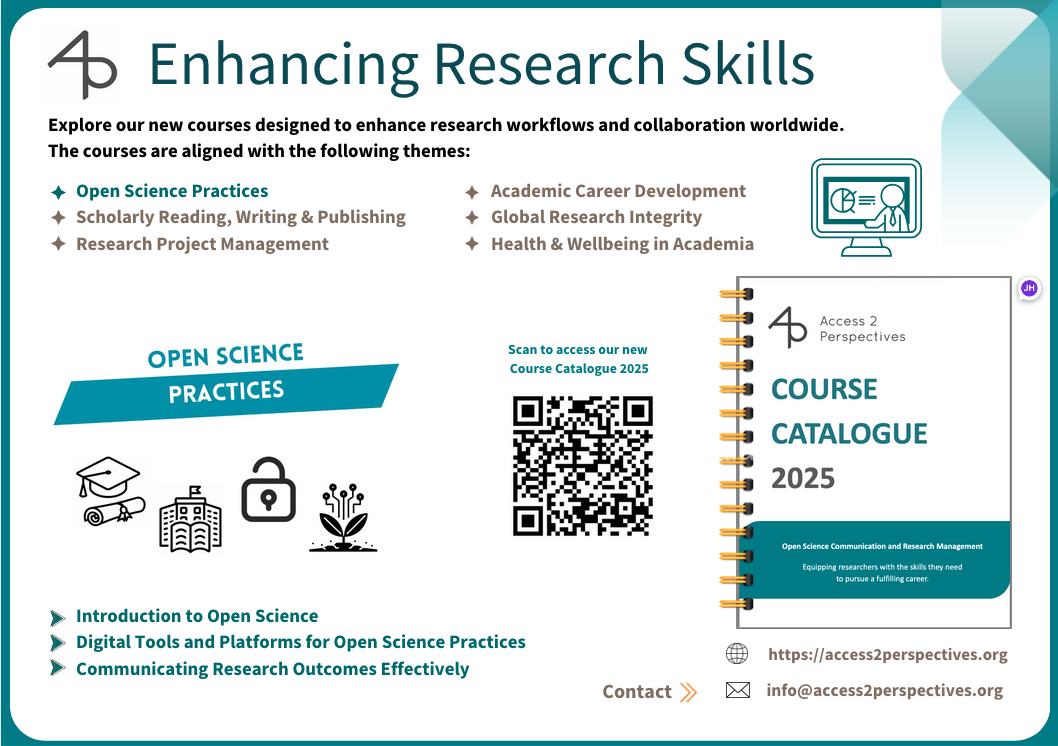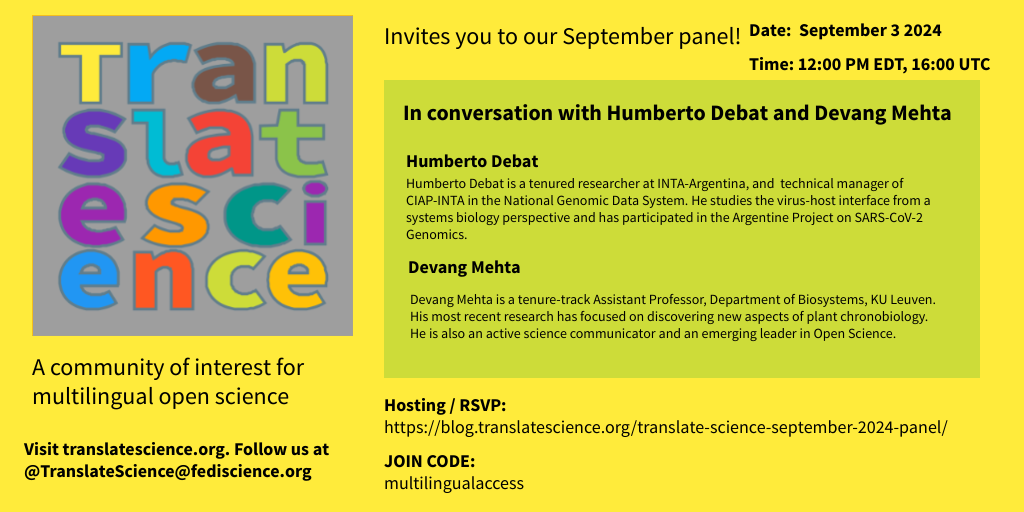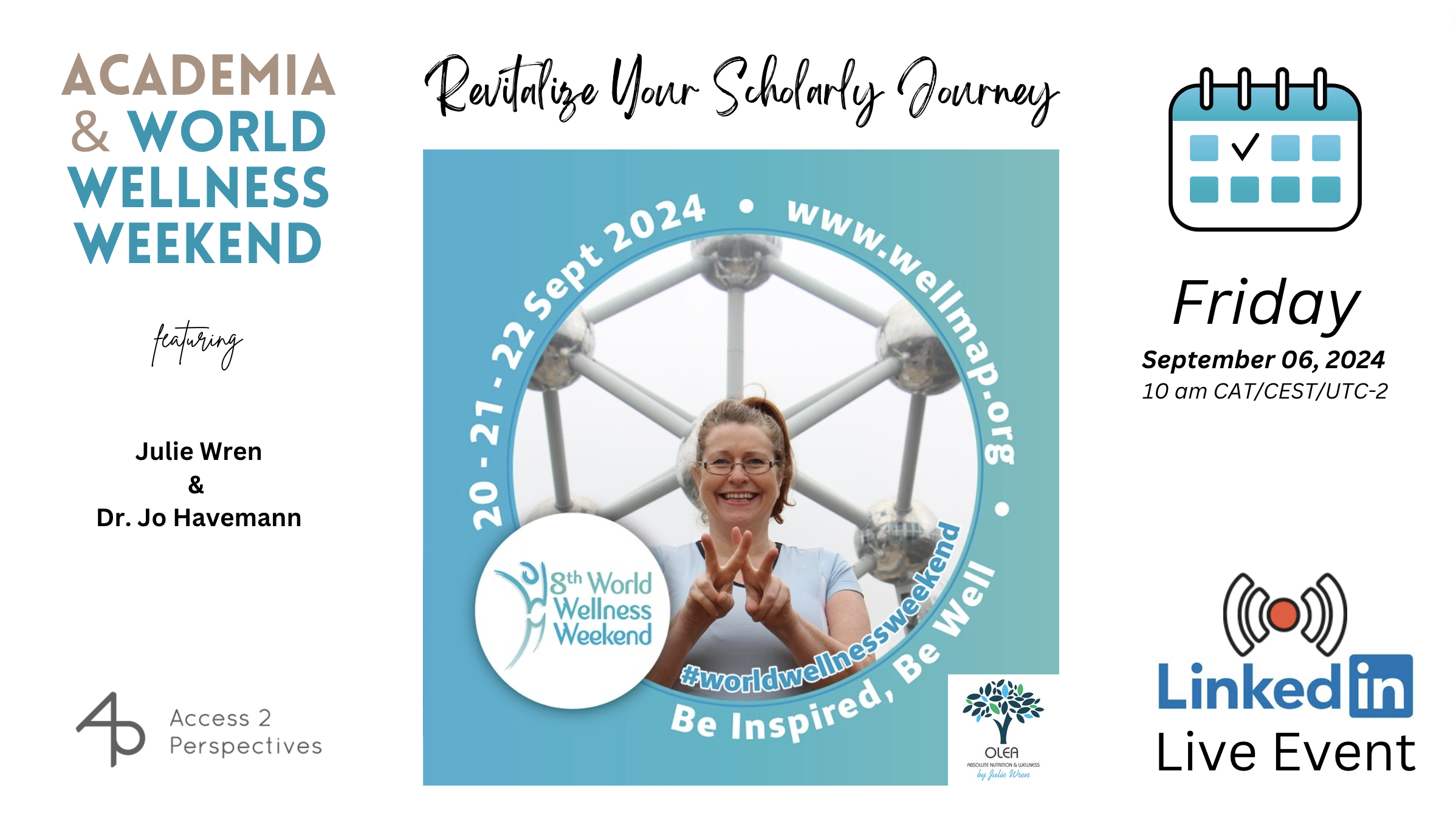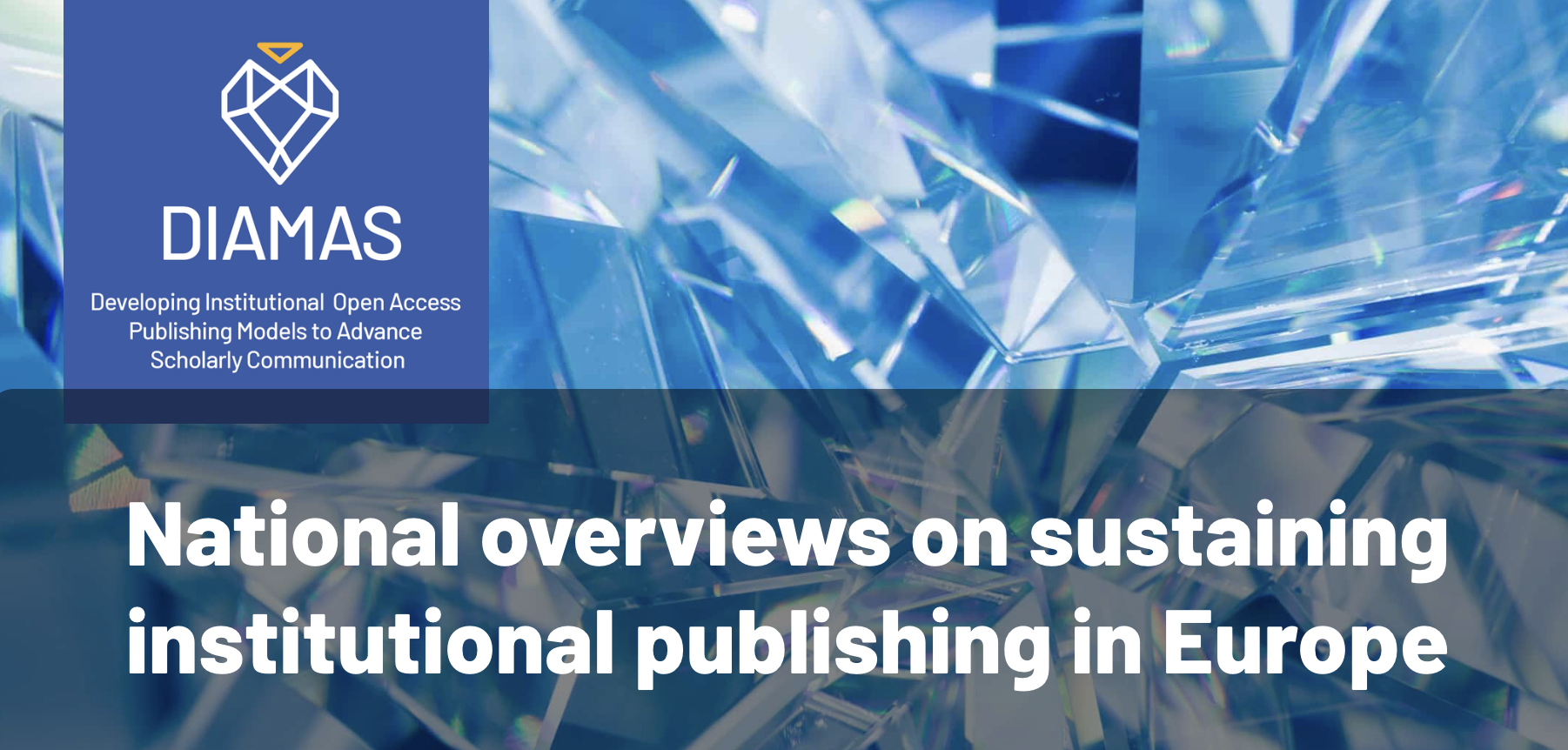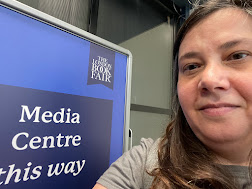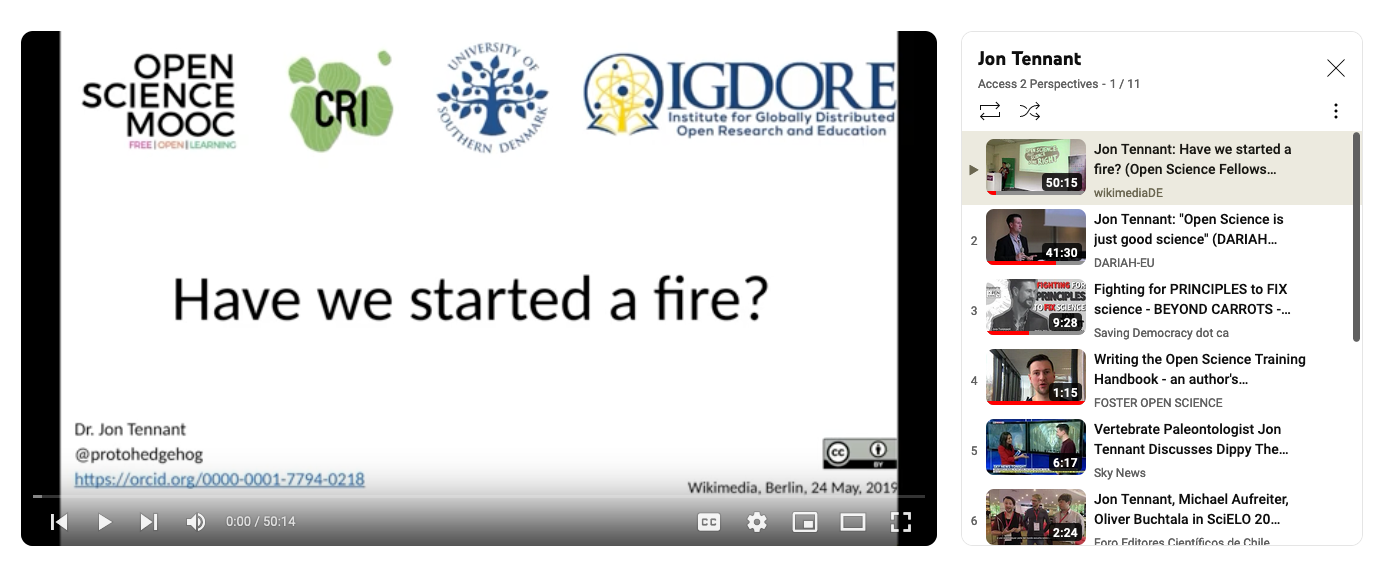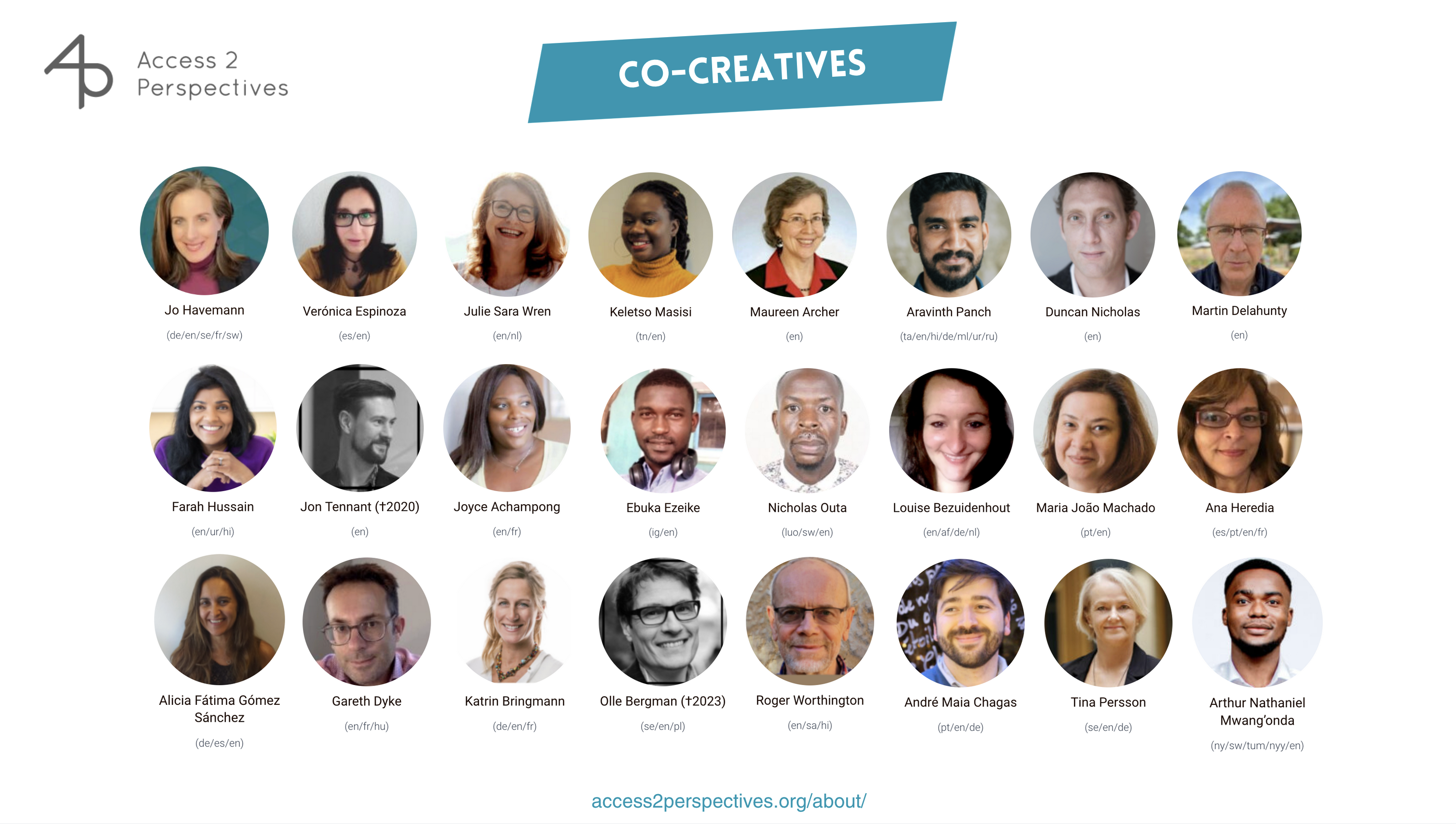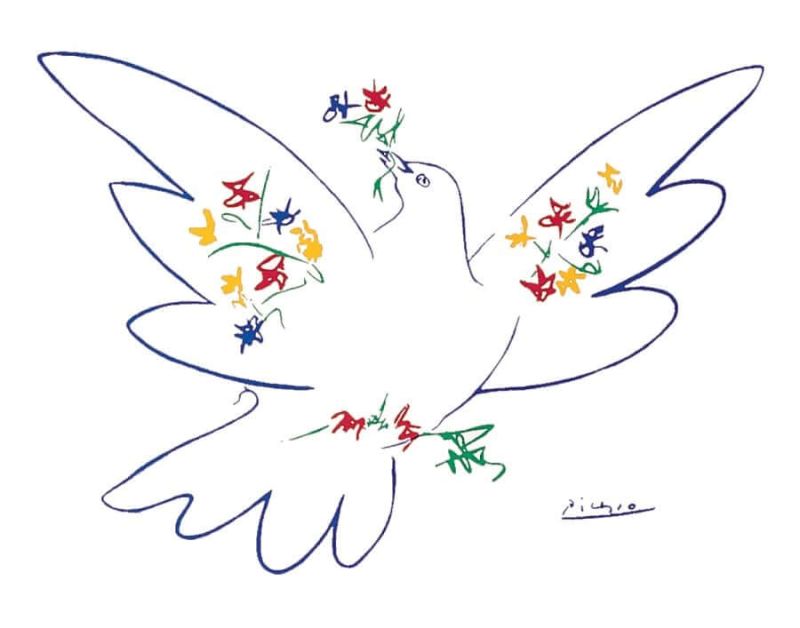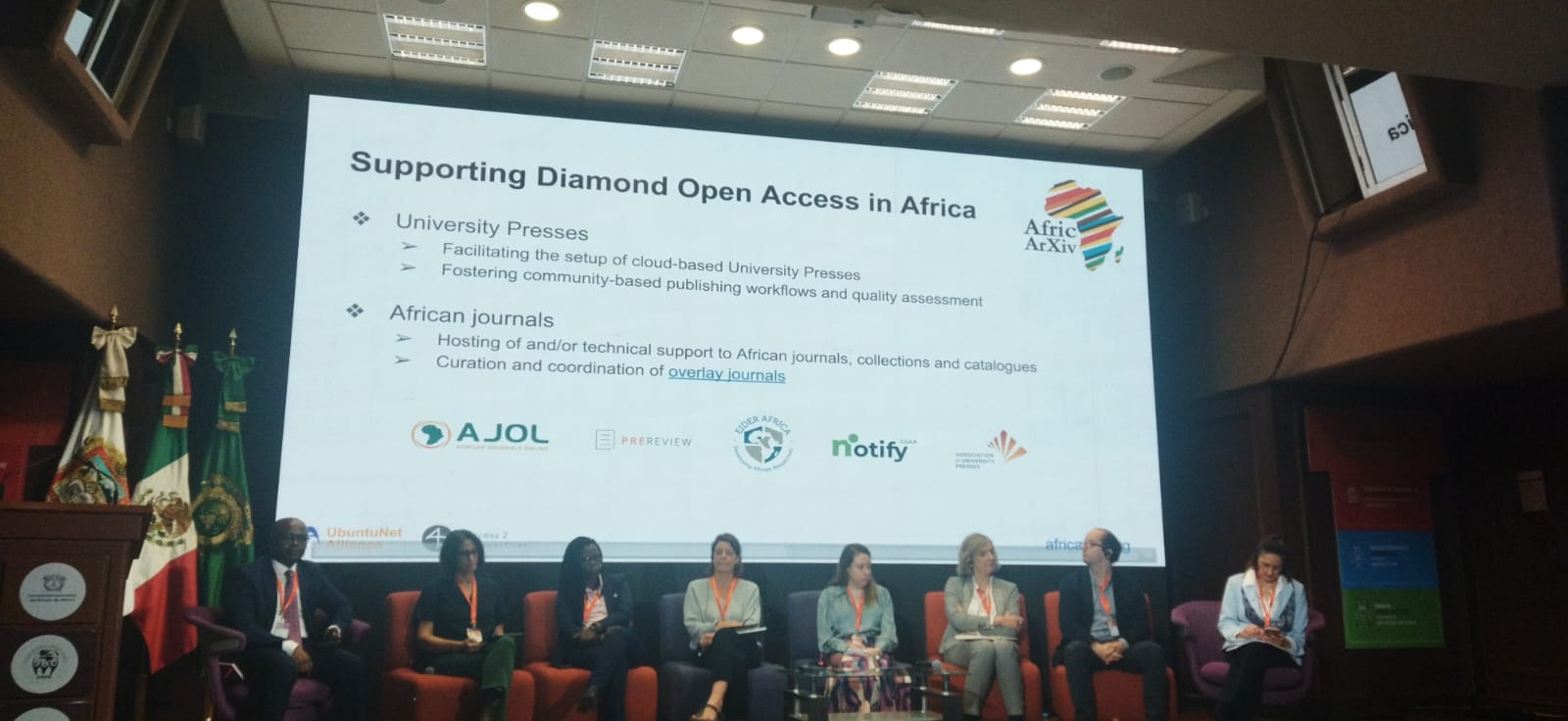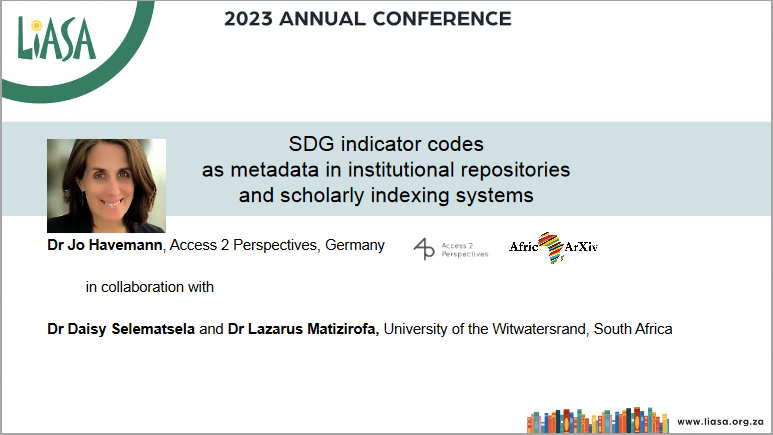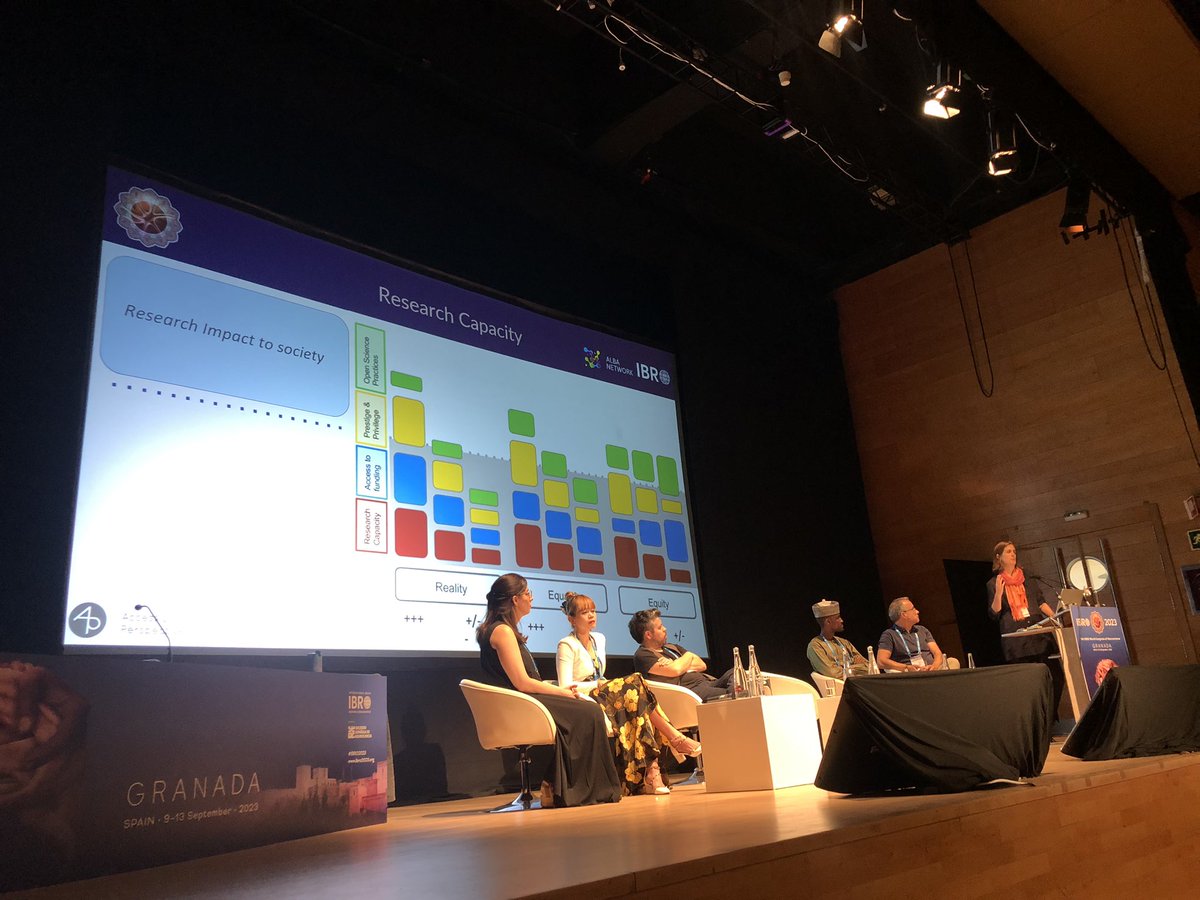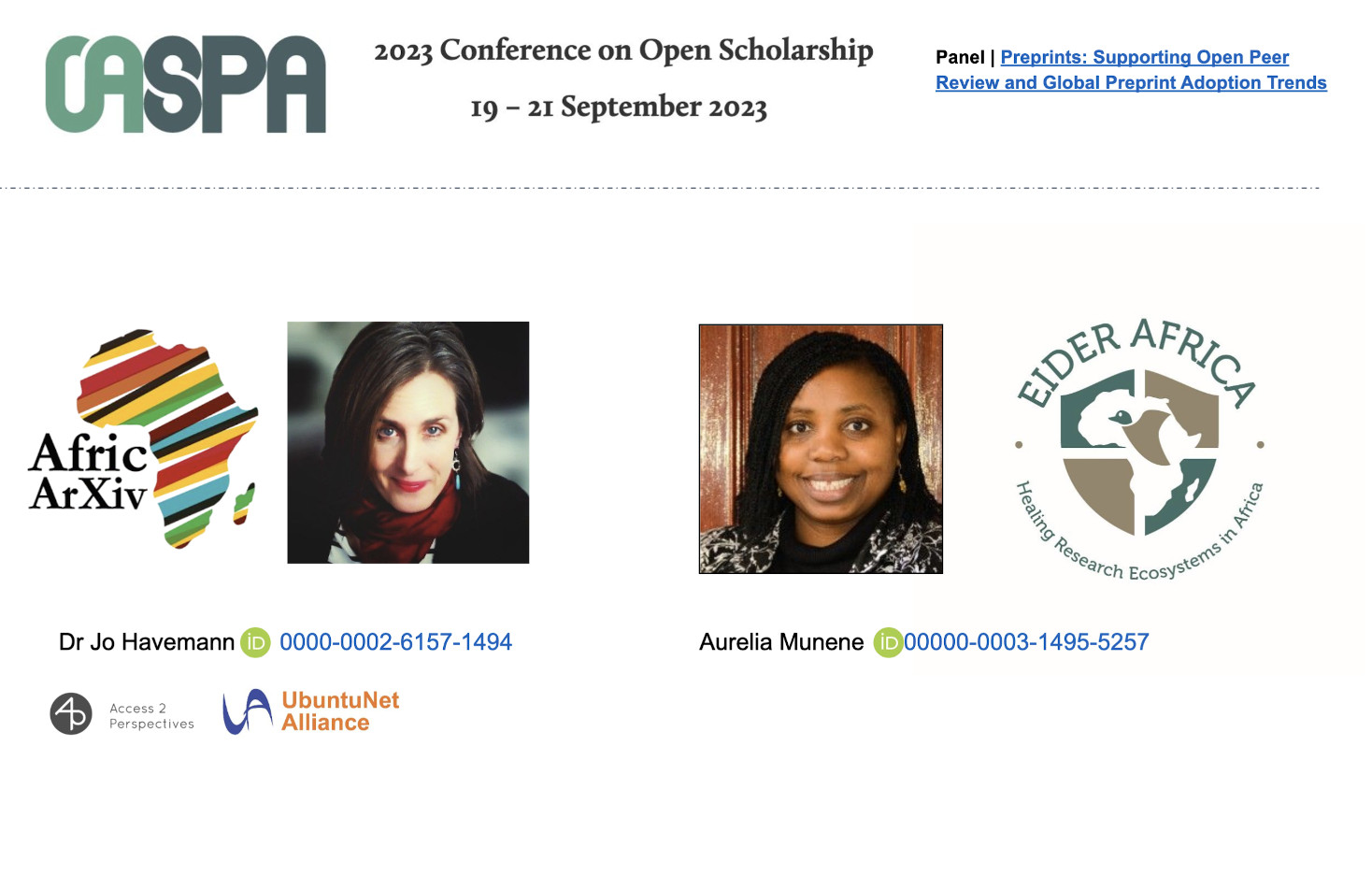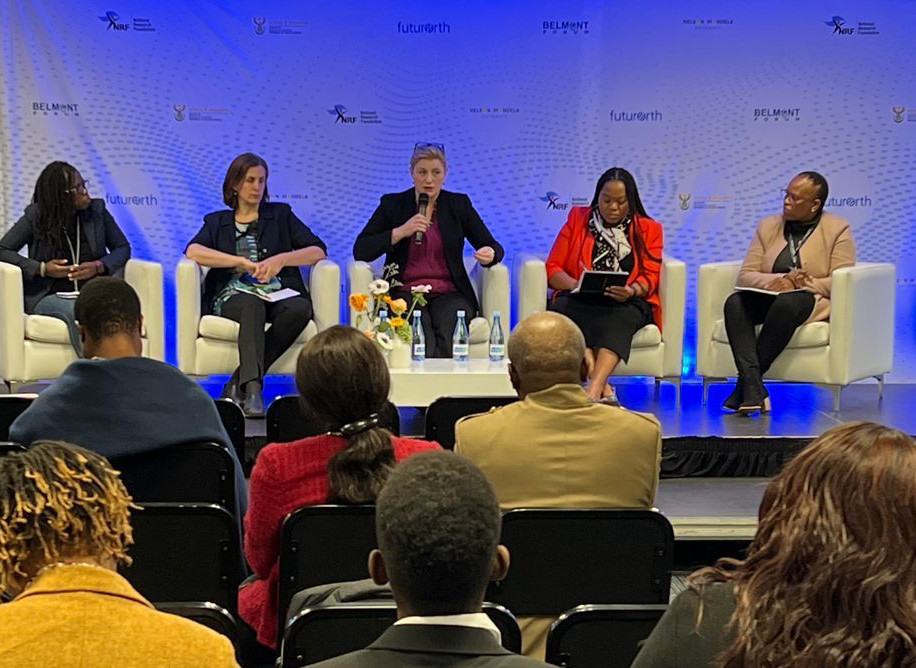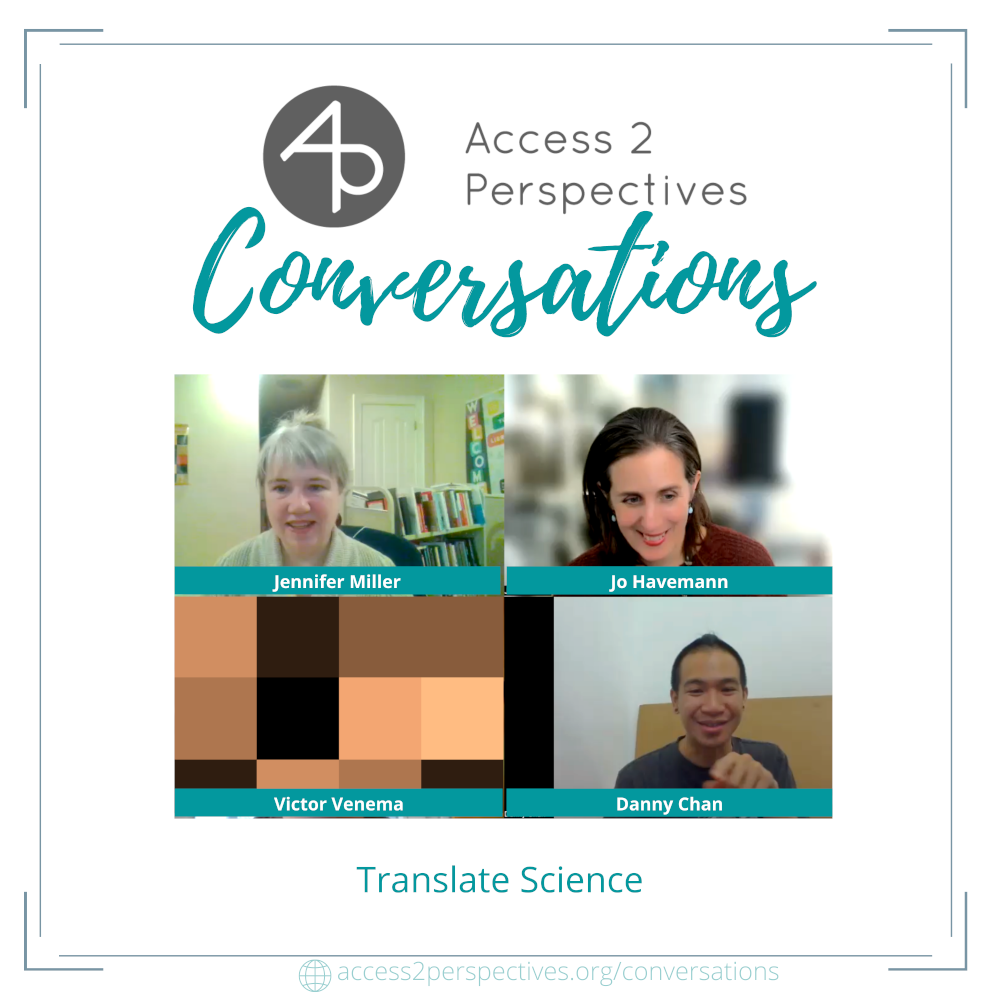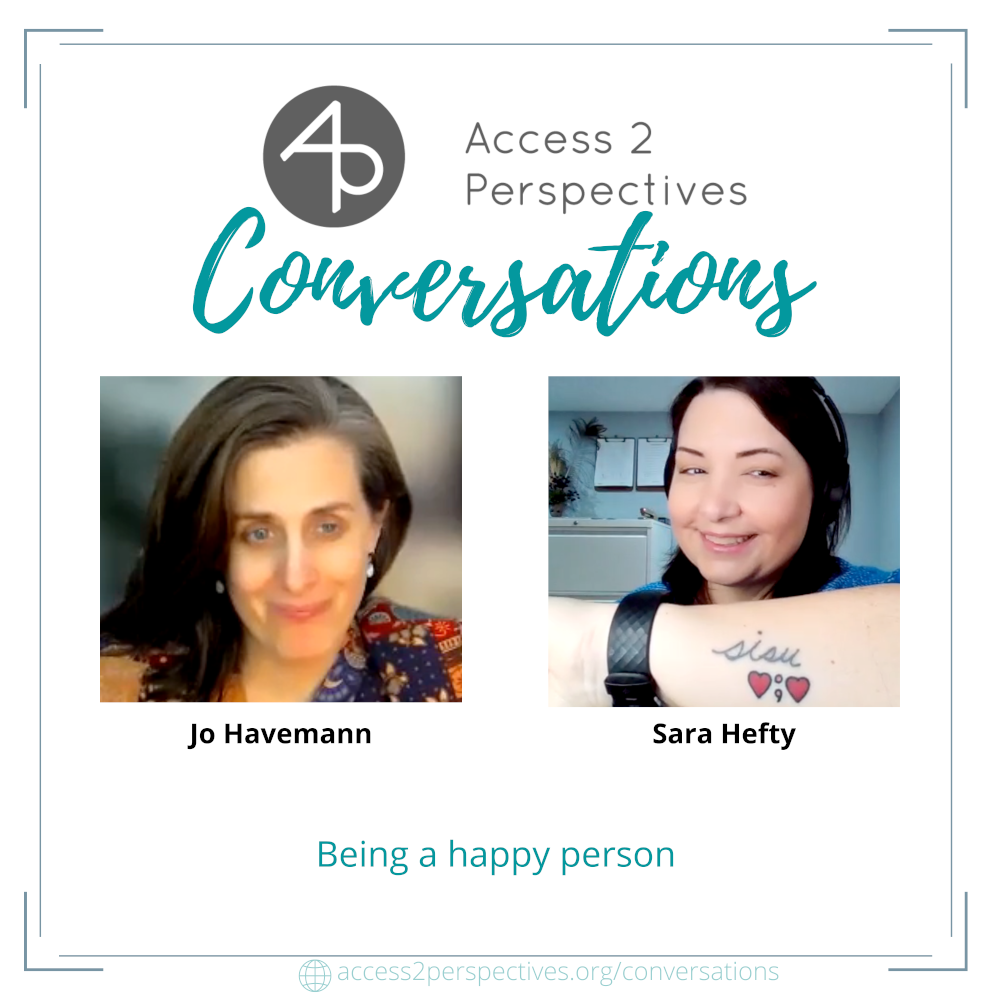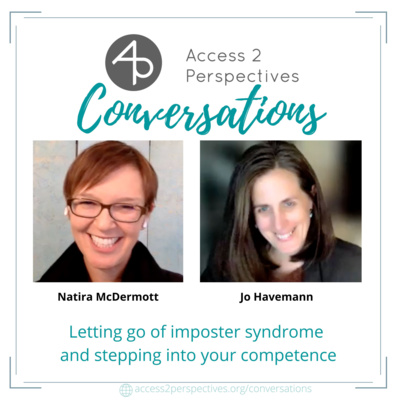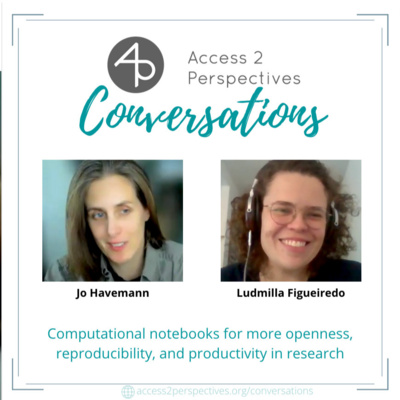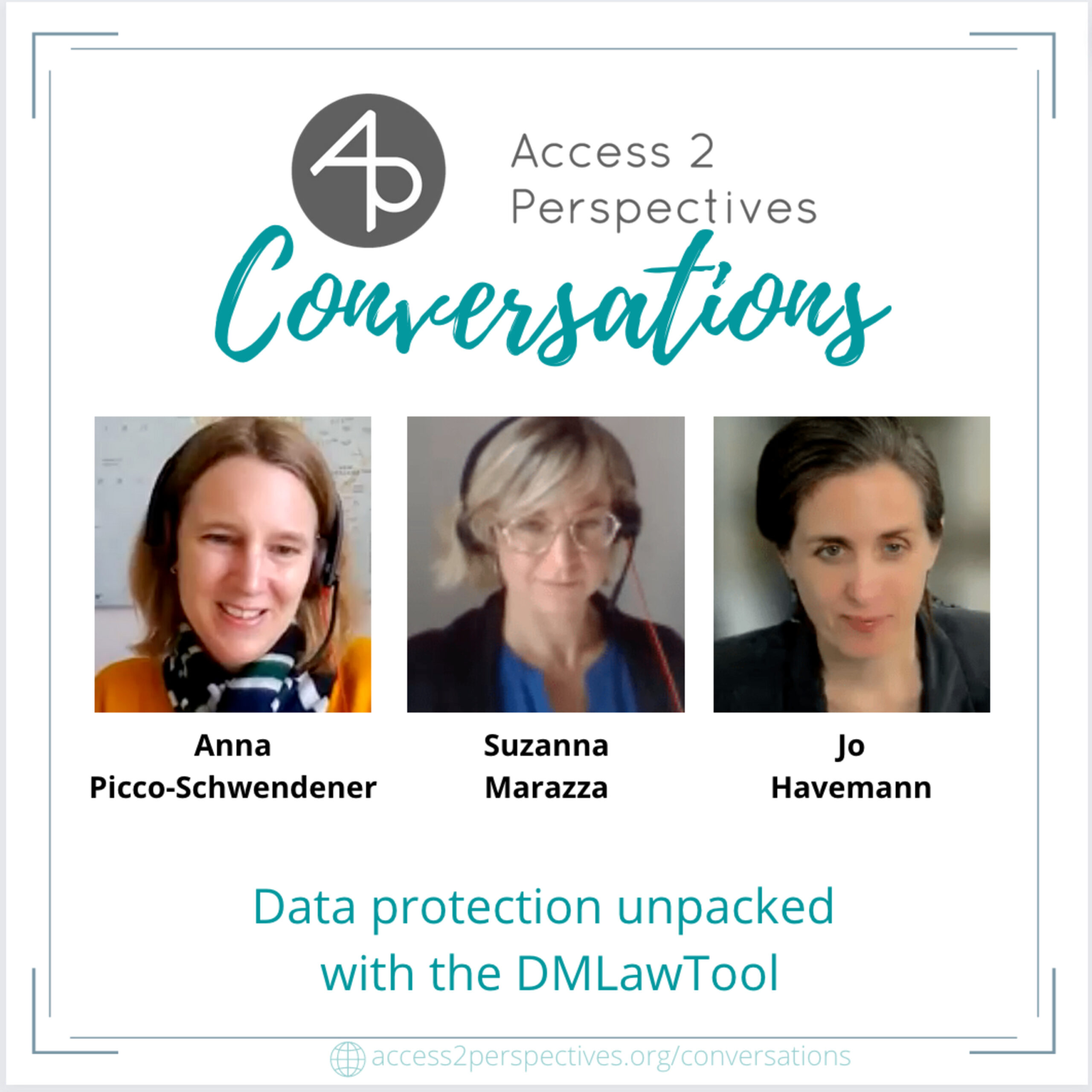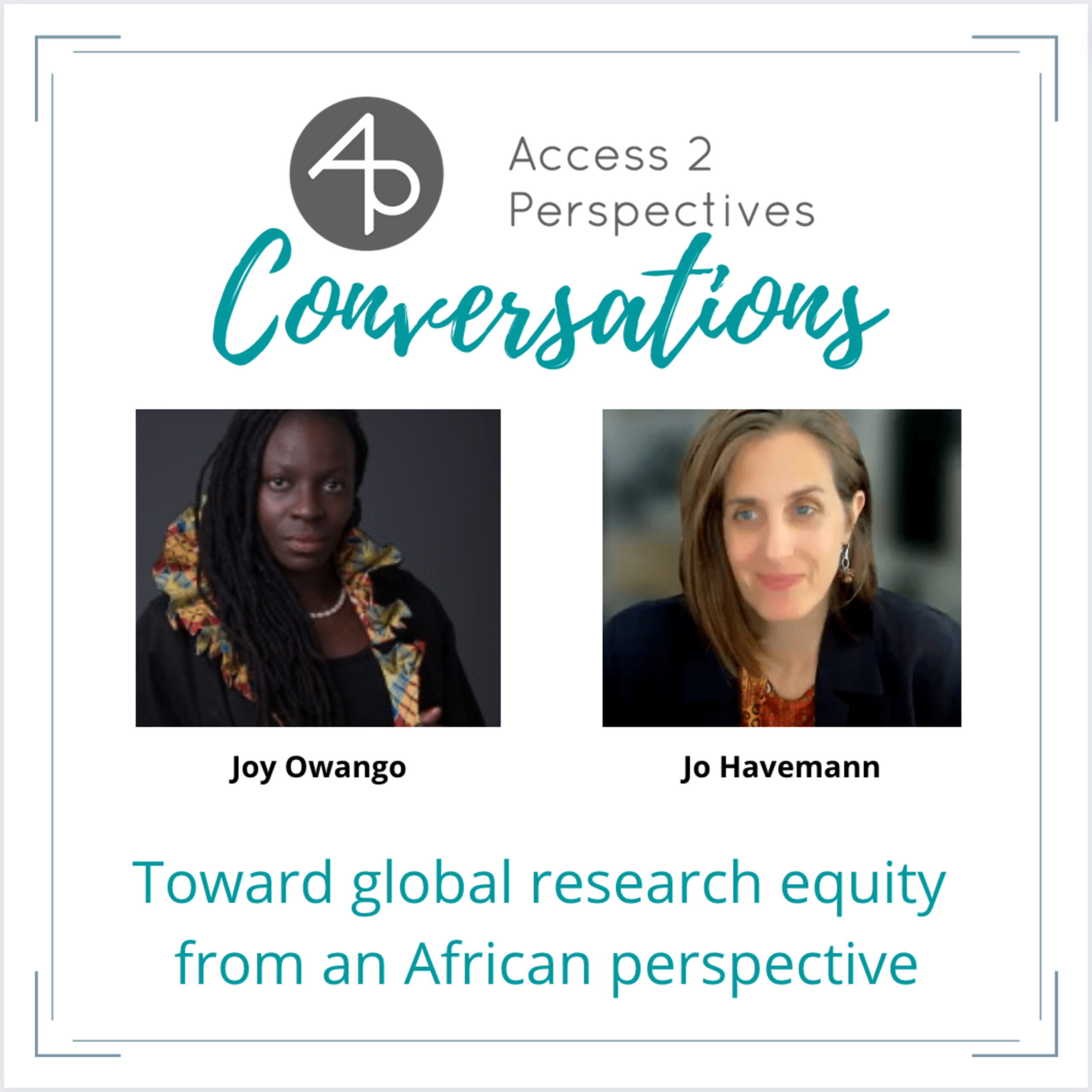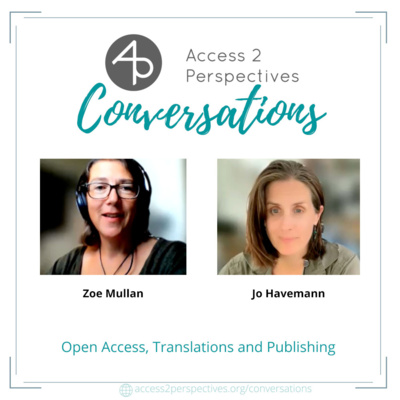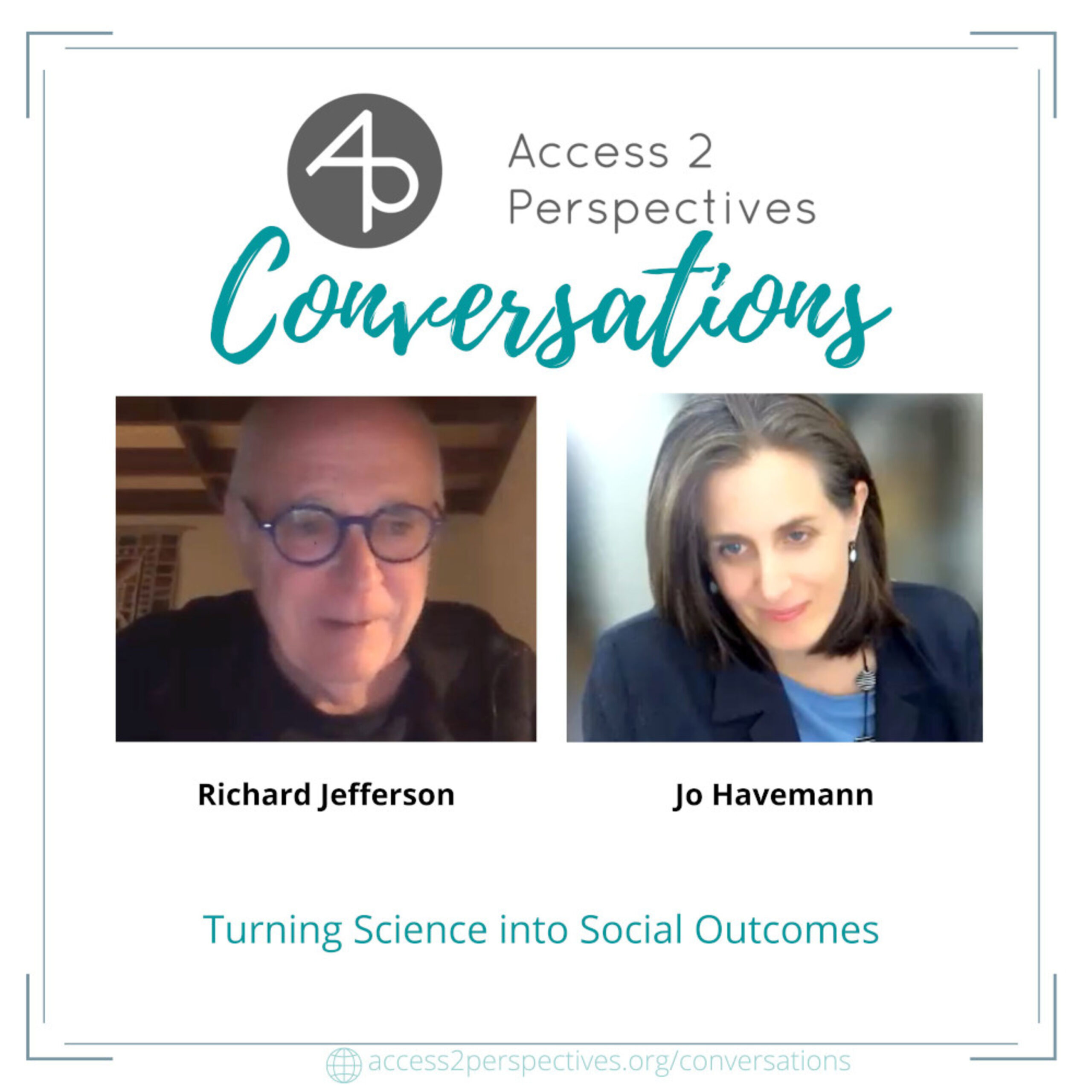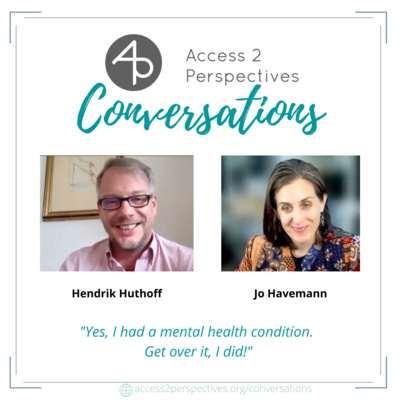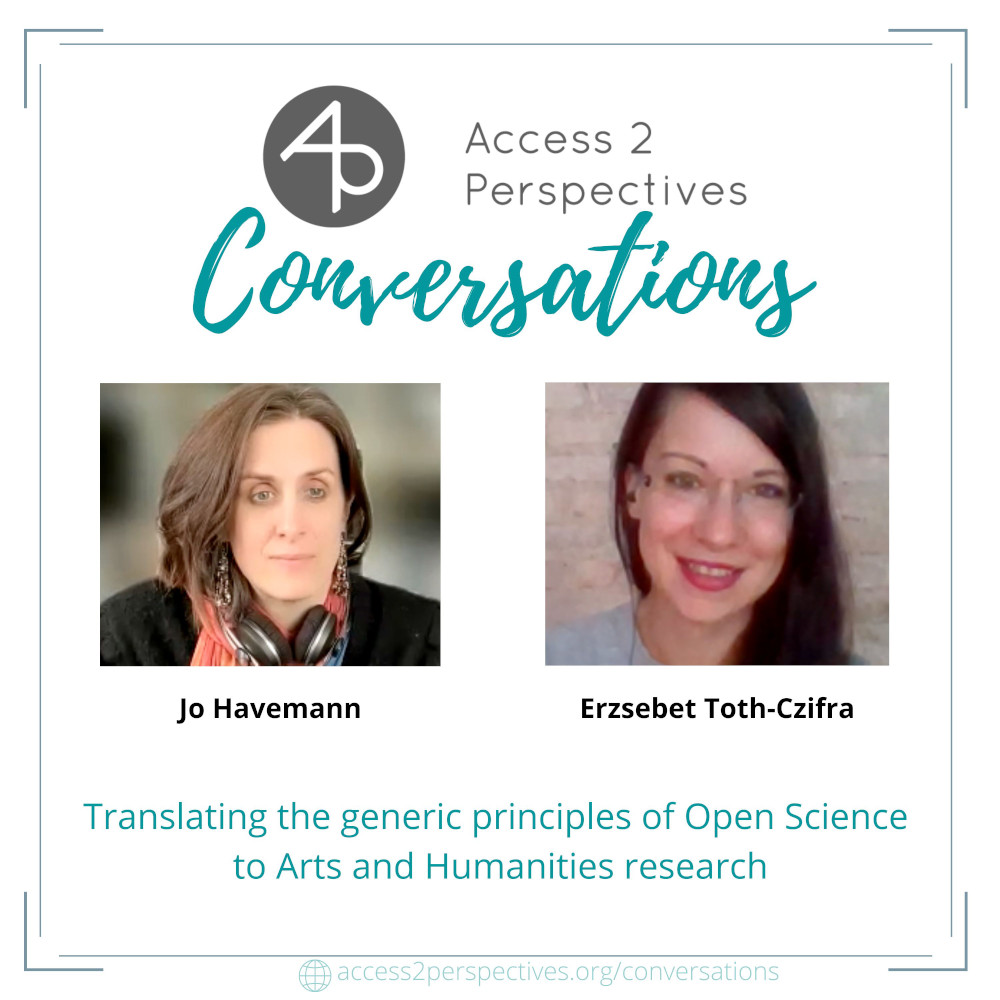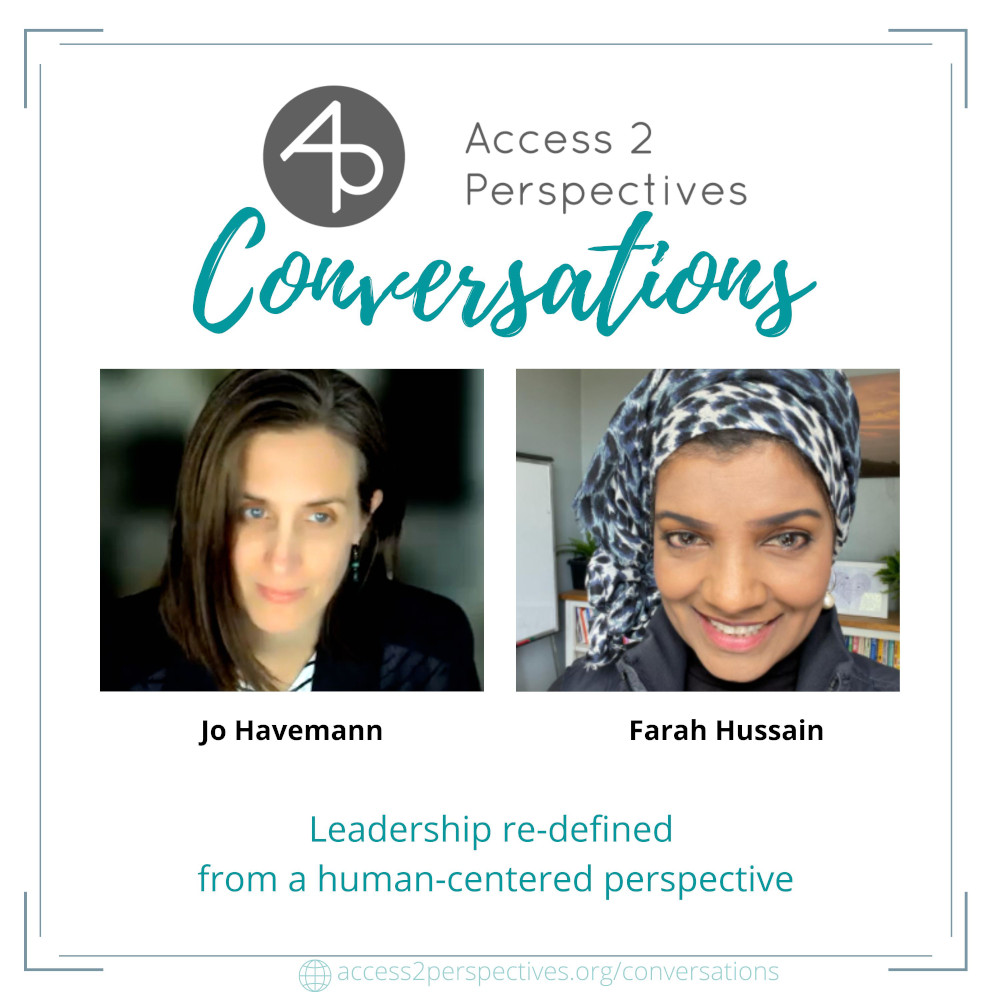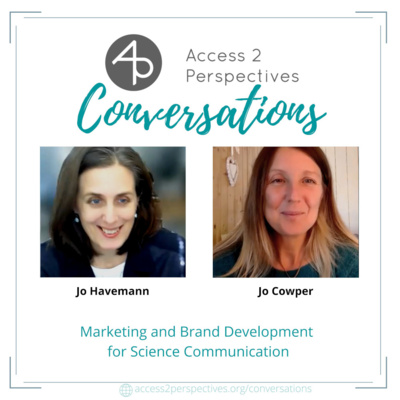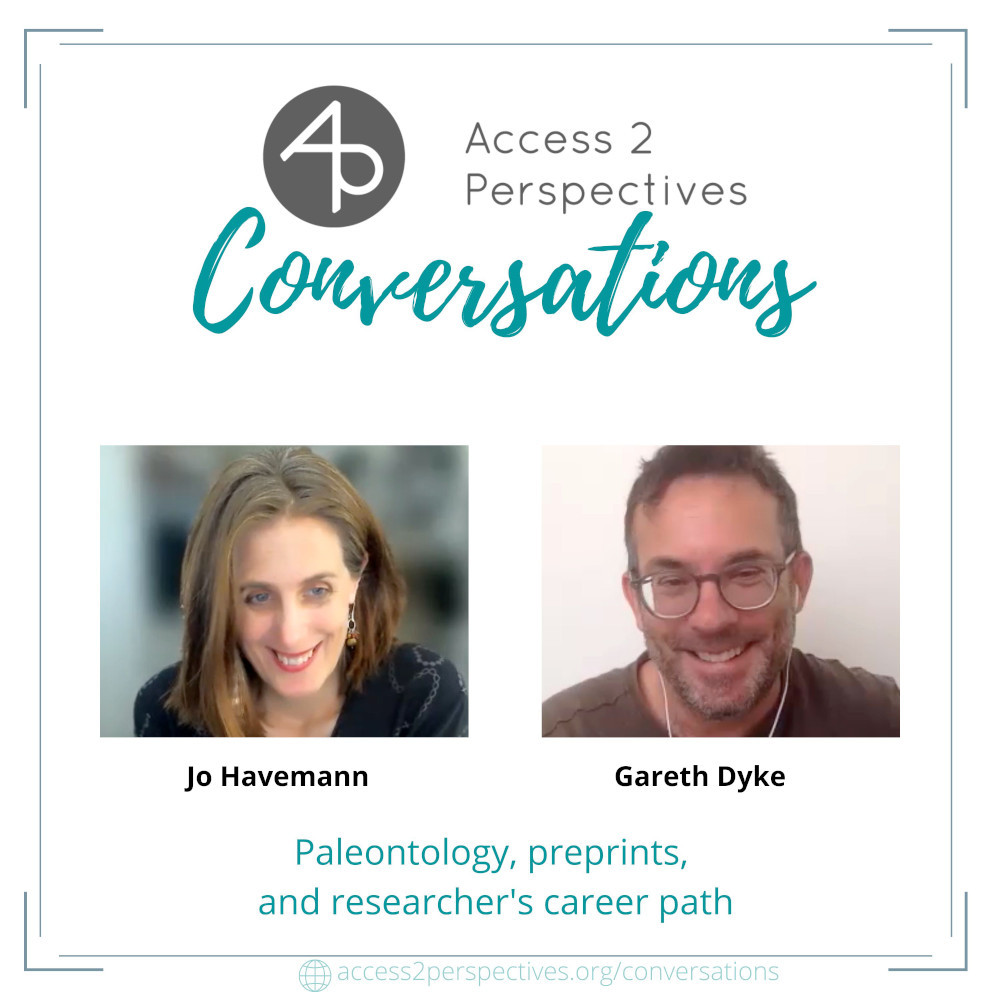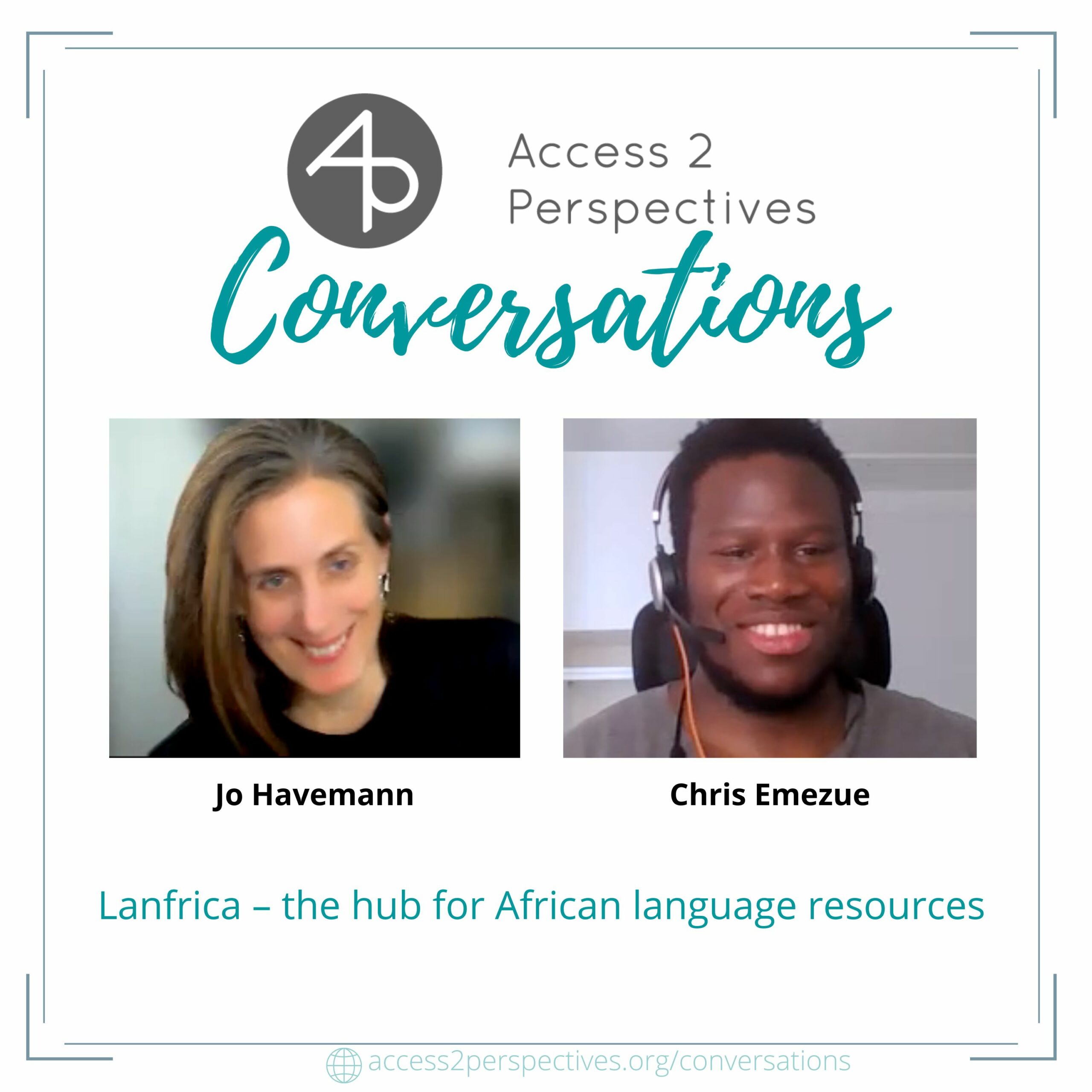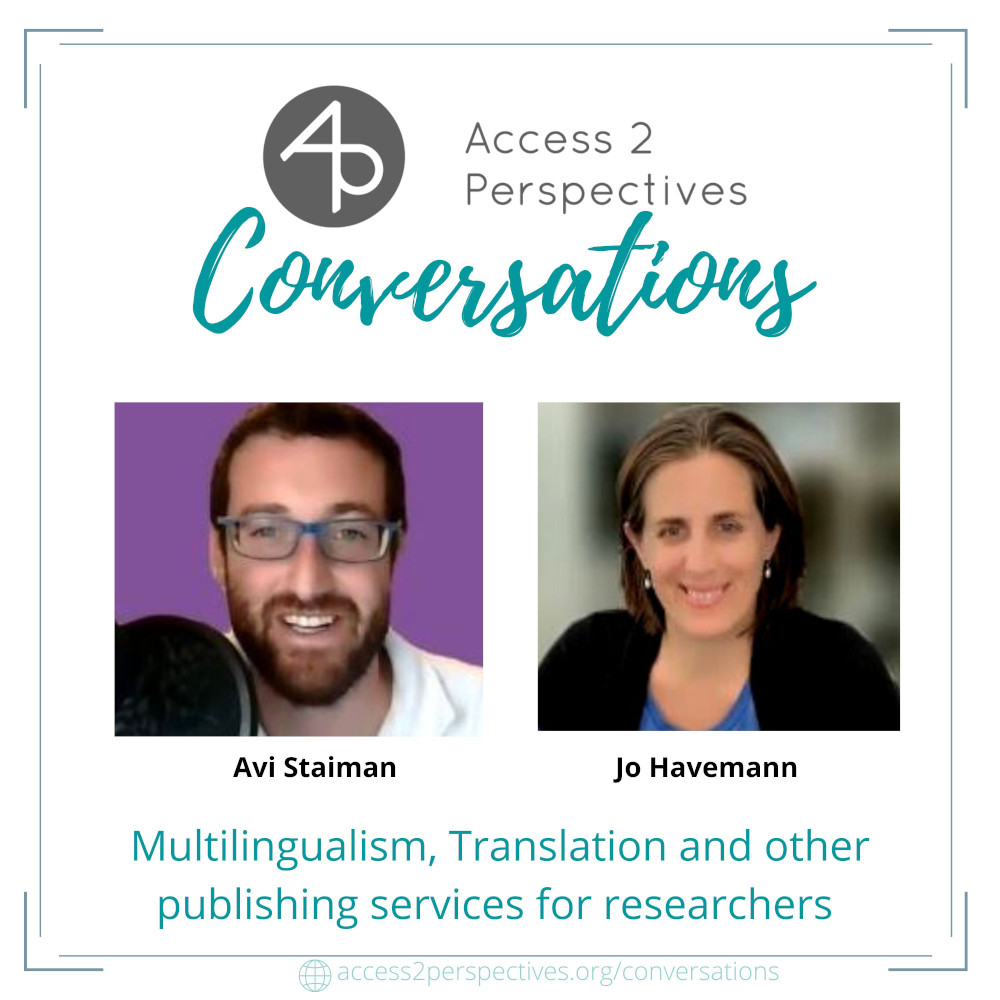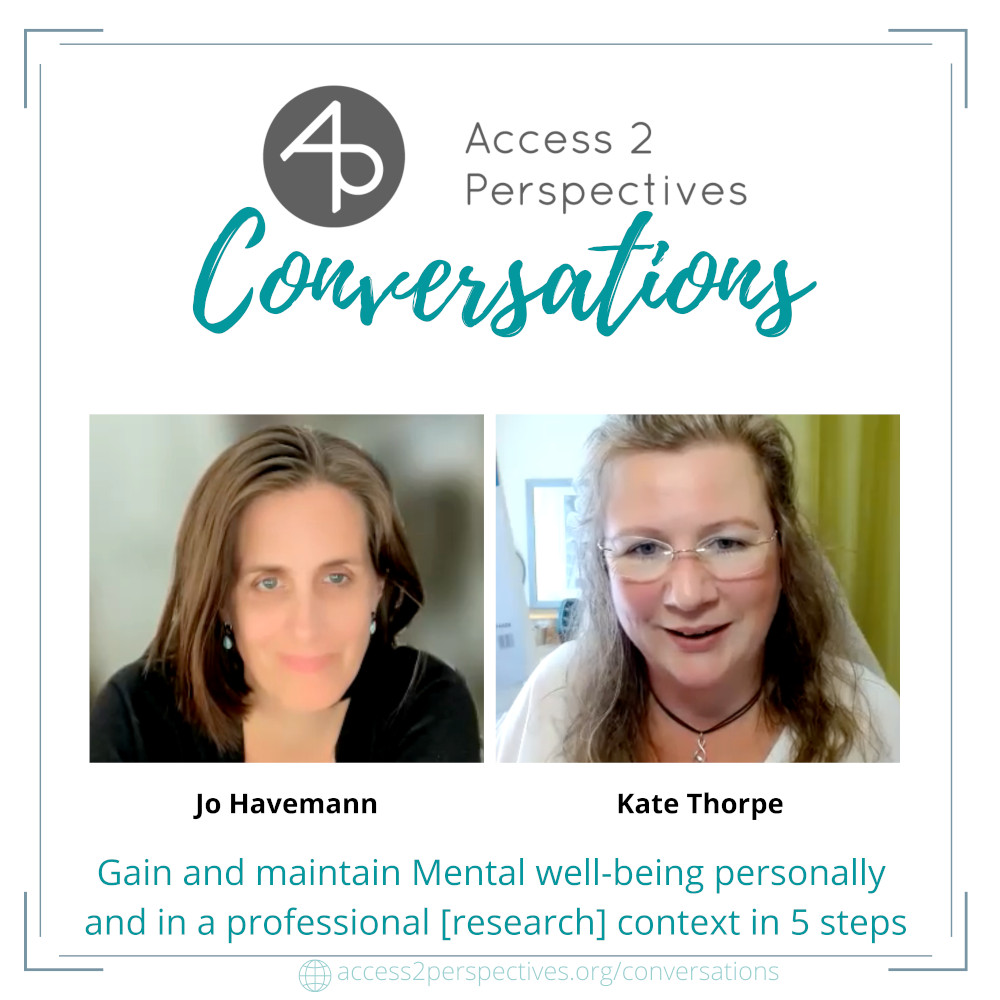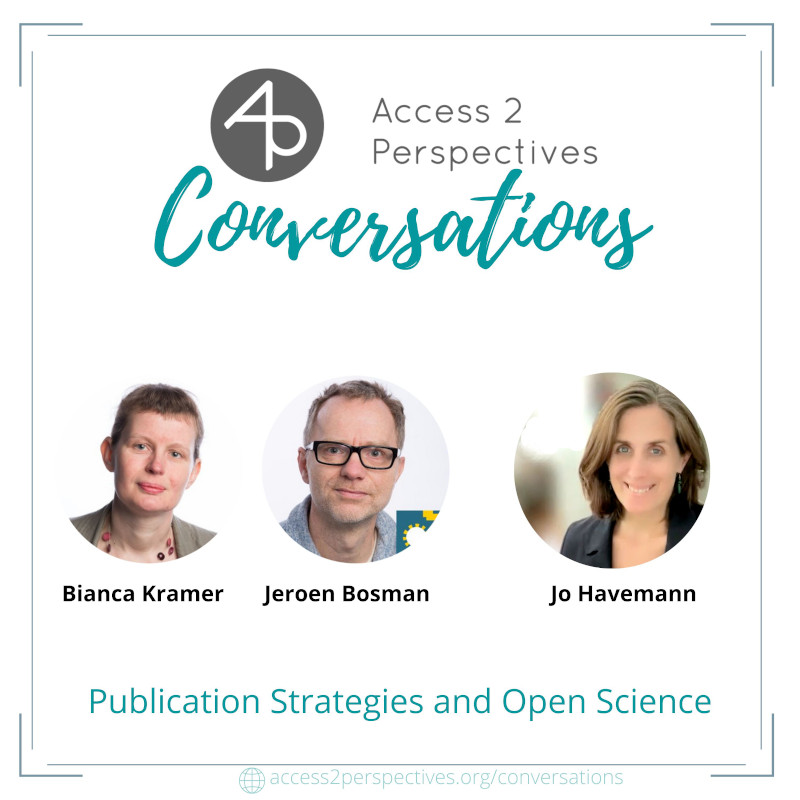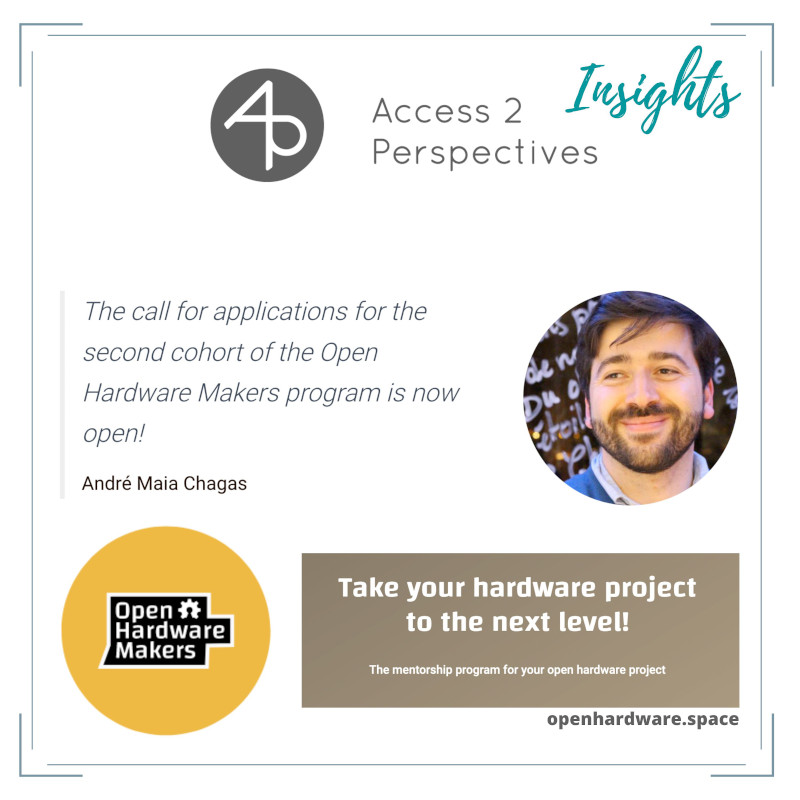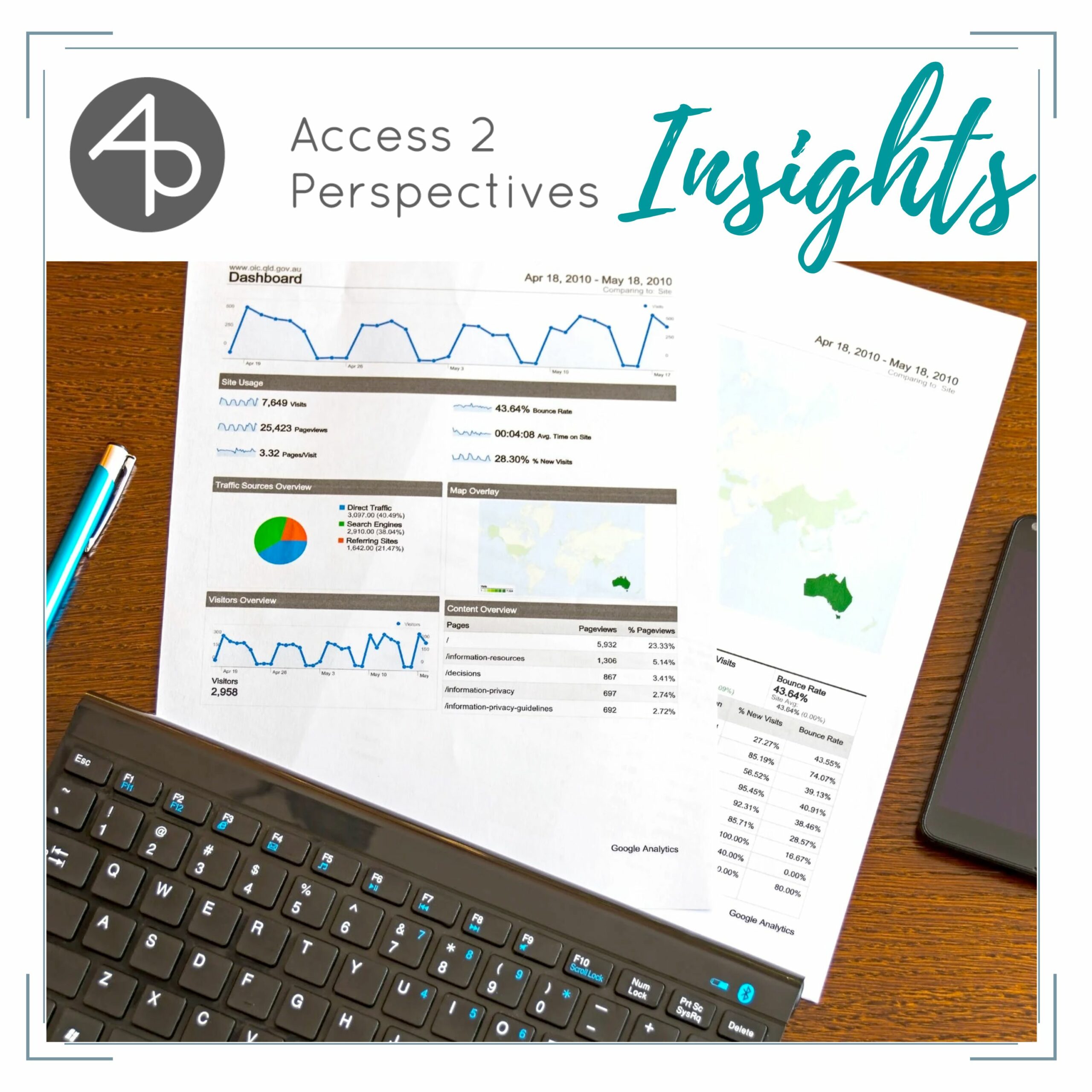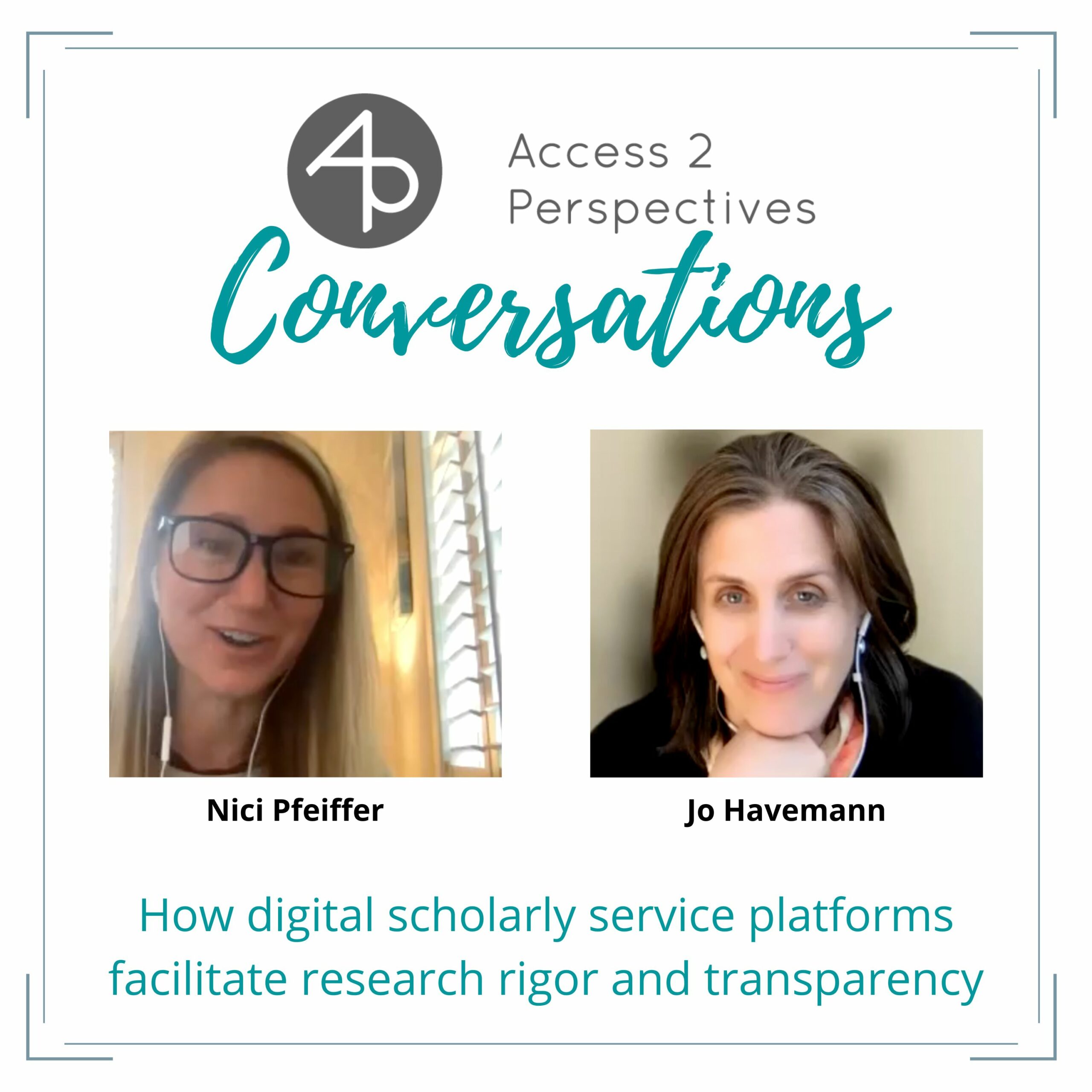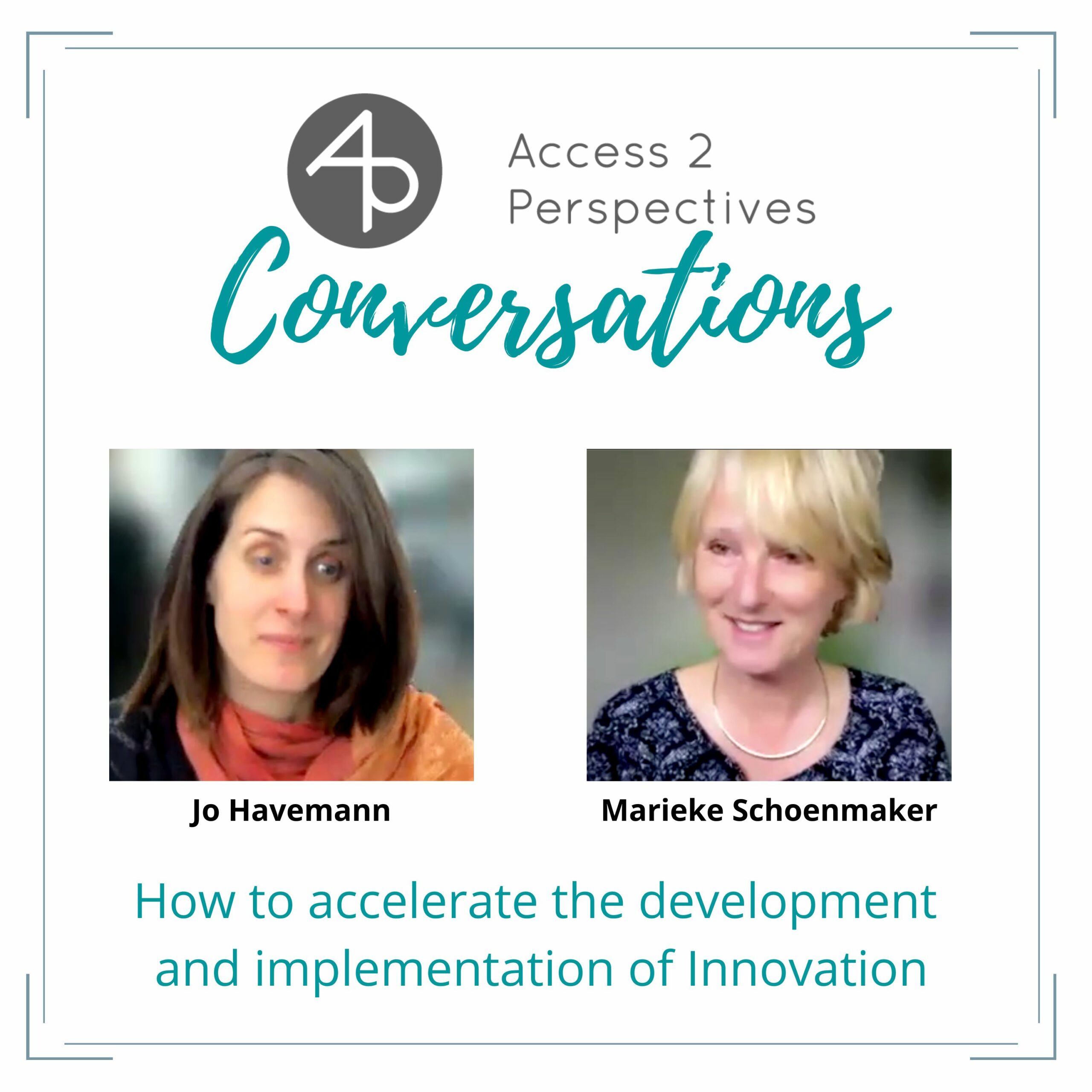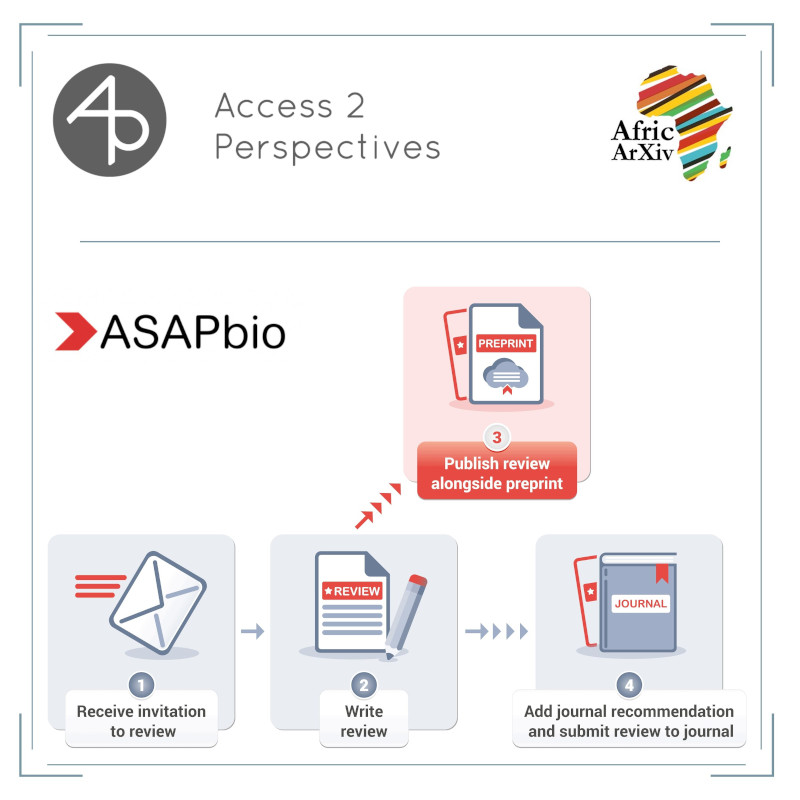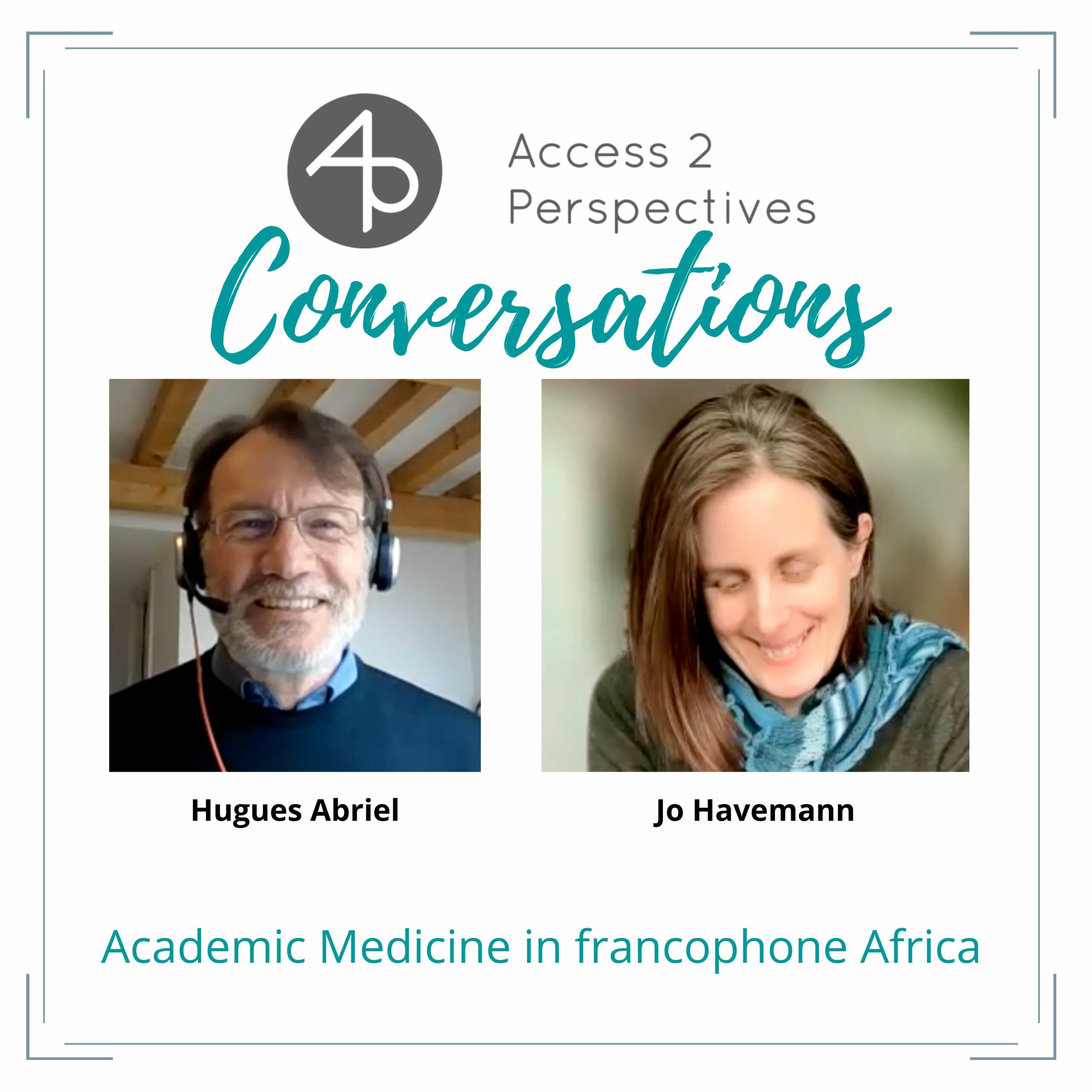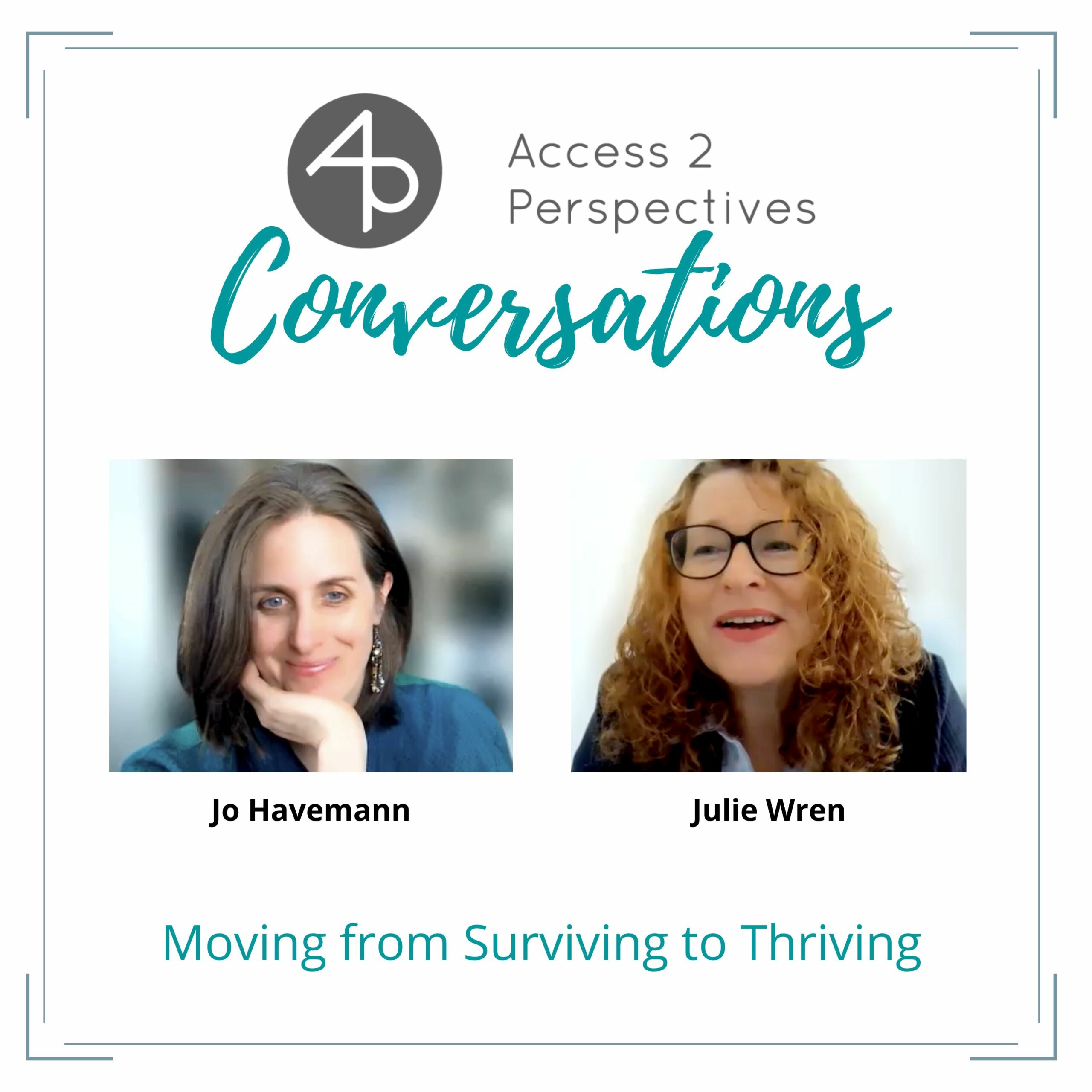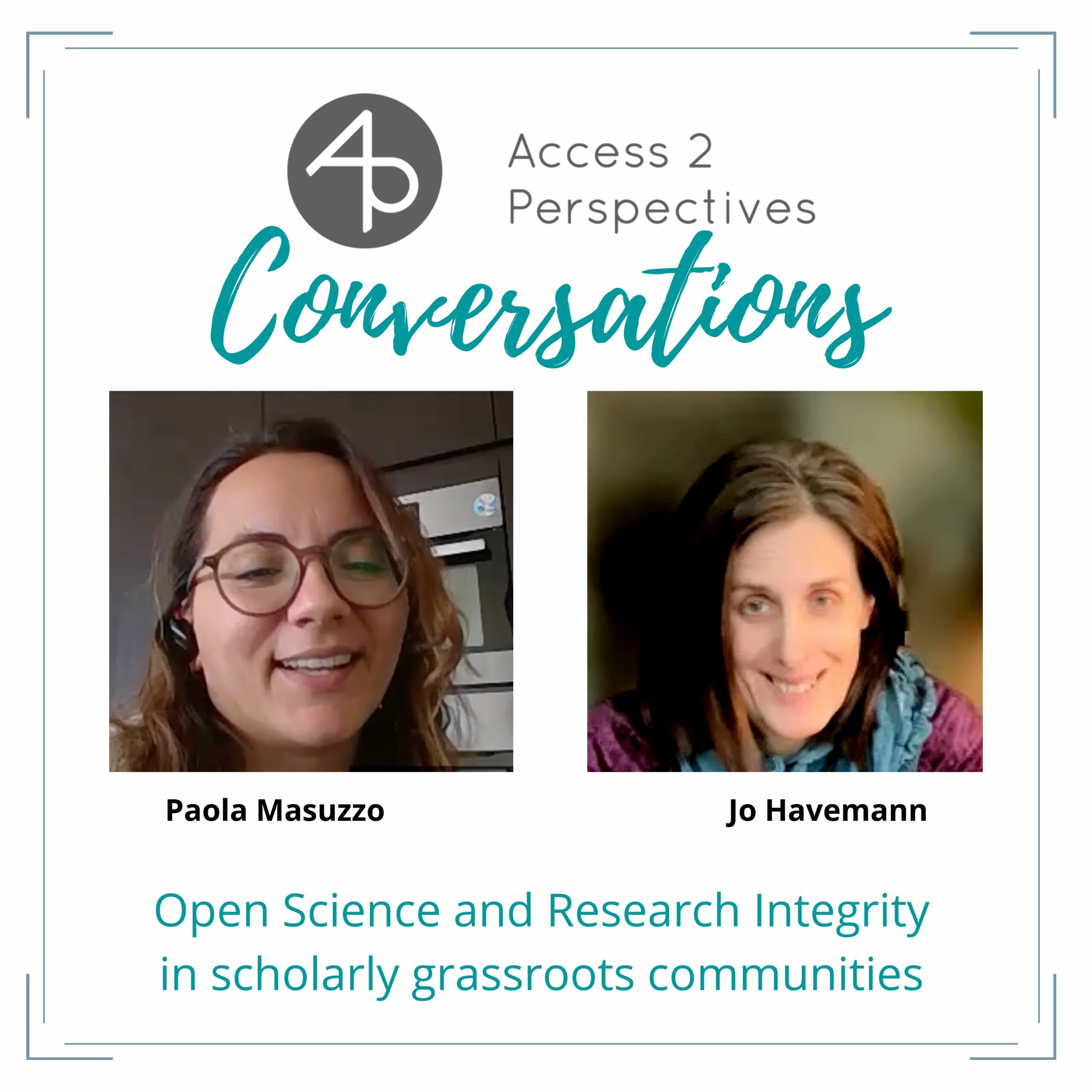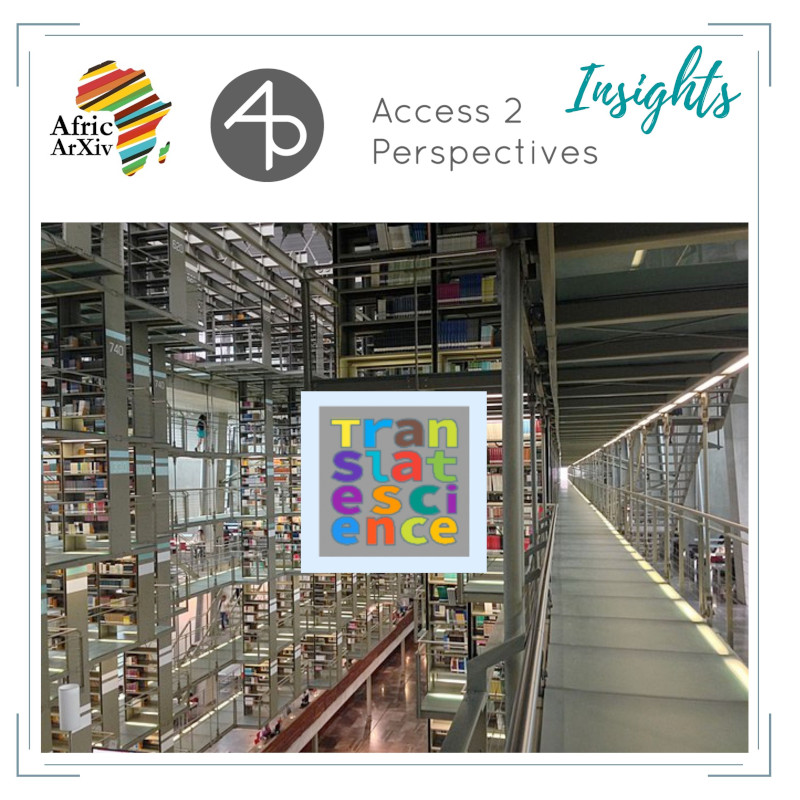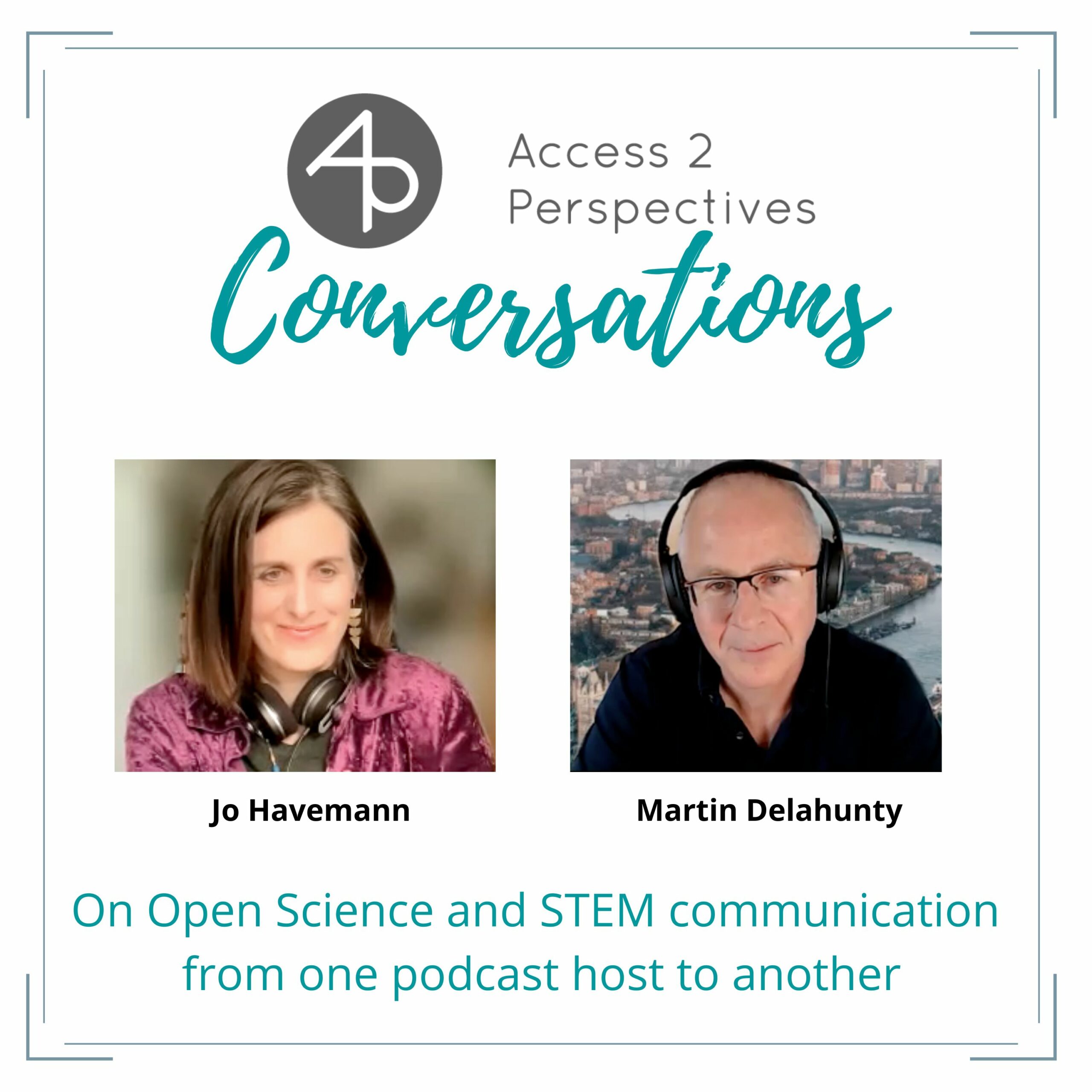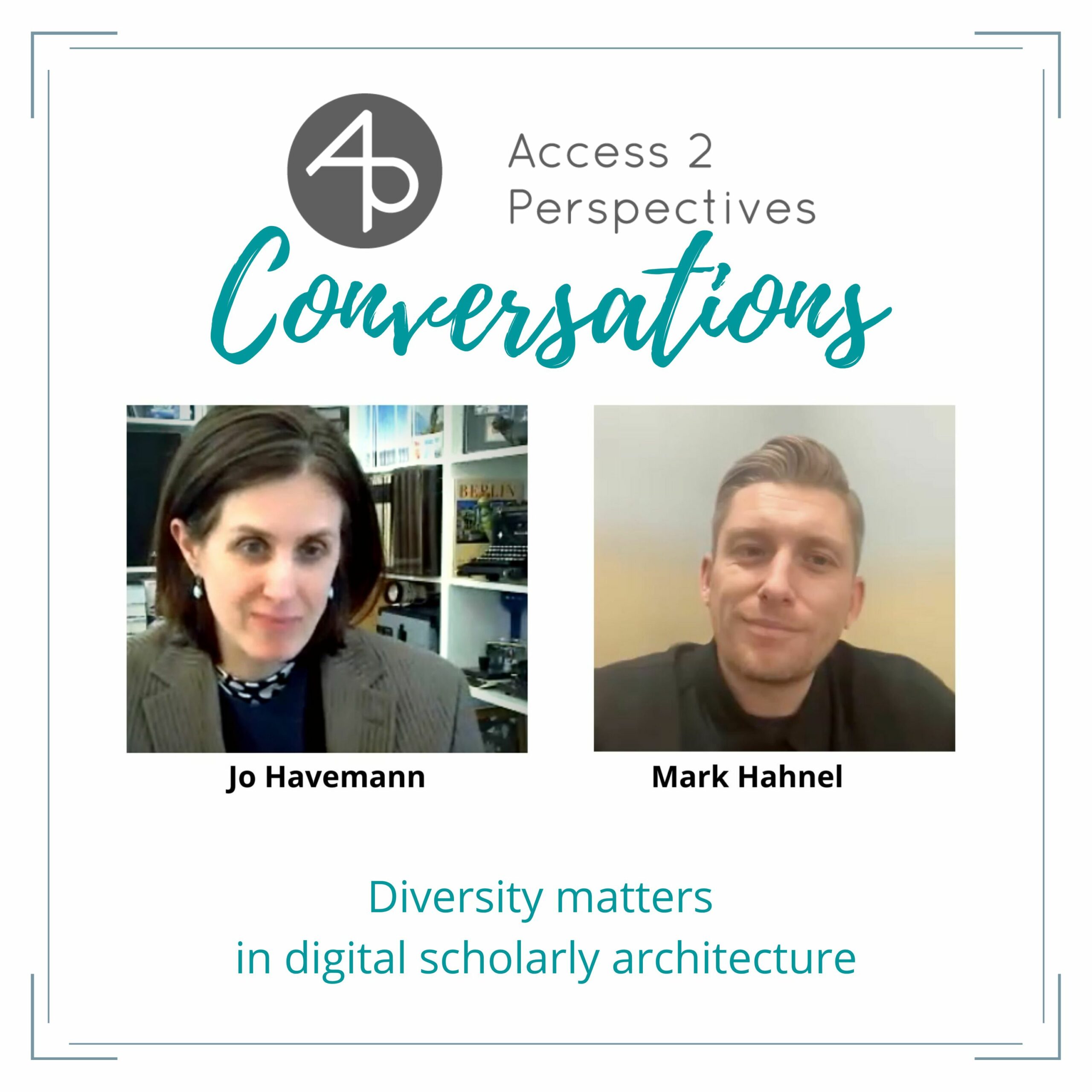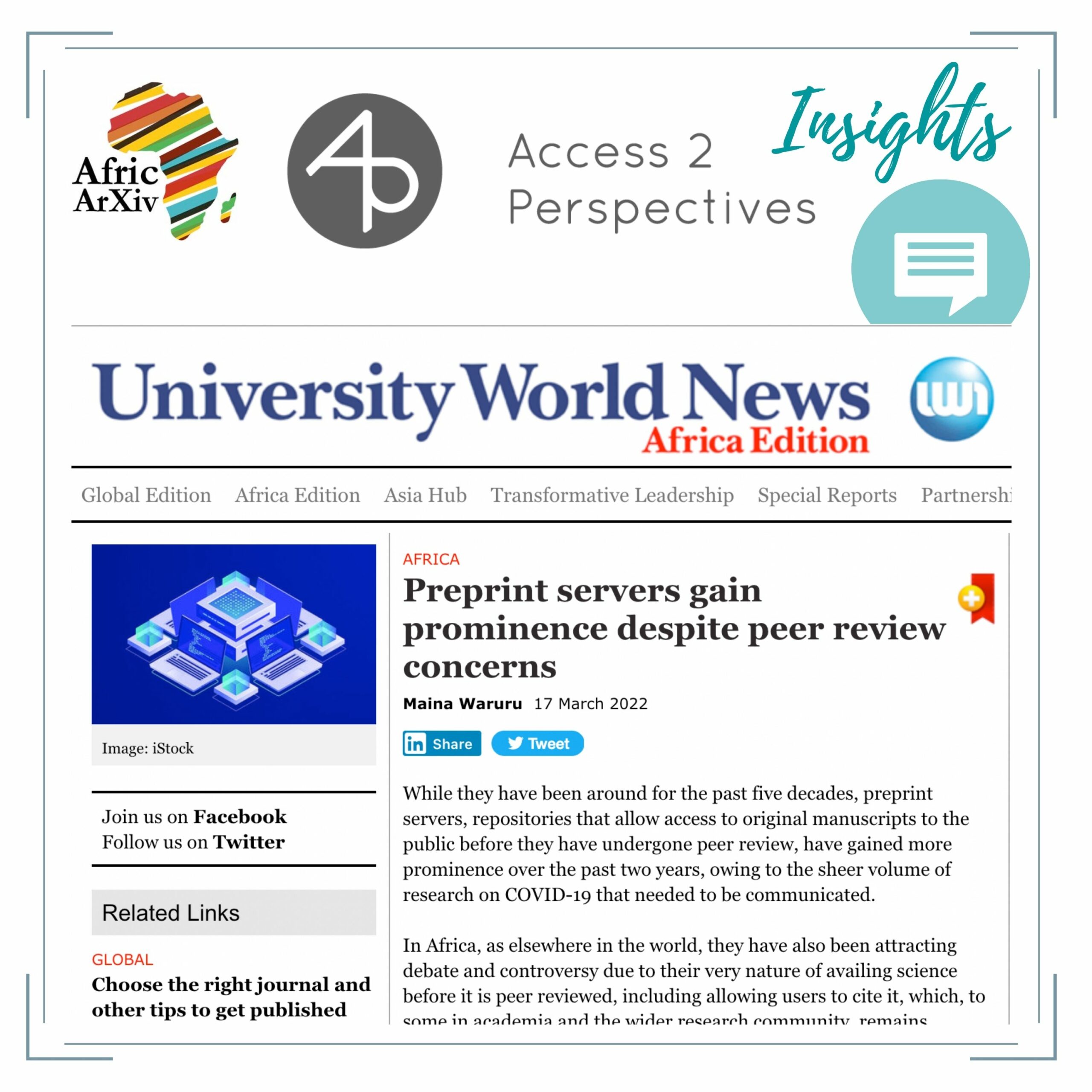Critical turning point for HE and research globally as USAID is being shut down
As highlighted in two University World News articles last week, the shutdown of USAID represents a critical turning point for higher education and research globally, with profound implications for research innovation, educational access, and international collaboration. We, i.e. the international higher education and research community, can take several steps to mitigate the impact of USAID's shutdown:
Welcome to our 2025 Course Catalogue
This year, we are glad to offer a range of courses specifically designed for researchers and professionals in globally inclusive academic environments.
AfricArXiv Open Science Webinar Series: A Year in Review
AfricArXiv, a free digital archive for African research, has played a pivotal role in advancing open science on the continent. Established in 2018 and hosted by UbuntuNet Alliance since 2023, the platform is being tailored towards meeting the needs of African researchers, leveraging the Alliance’s extensive network.
Hot off the press: Digital Library Services for Open Scholarship
🗞️🌶️: 🔓 🎓 Find and/or contribute to a curated list of useful resources that can enhance a university library website, […]
A New Guide for Publishers to Collaborate with Early Career Researchers
In the ever-evolving landscape of scholarly communication, publishers are increasingly exploring new ways to keep pace with advancements in open access, open data, and emerging technologies like artificial intelligence. A new research article, Collaborating with Early Career Researchers to Enhance the Future of Scholarly Communication: A Guide for Publishers, dives into how publishers can engage with early career researchers (ECRs) to shape a more innovative, fair, and inclusive publishing ecosystem.
UNESCO consultation to develop a global framework for Diamond Open Access
Please consider participating in the UNESCO consultation and join us for the 2nd Global Summit on Diamond Open Access in Cape Town: https://doasummit.uct.ac.za/.
Open Science and Scholars at Risk
How can OS help to give harbour to scholars during a crisis?
A session summary from this year's Open Science Barcamp held in Potsdam, Germany.
Multilingualism in Academia
Opportunities and Challenges of Conducting and Communicating Research in Multiple Languages
A session summary from this year's Open Science Barcamp held in Potsdam, Germany.
Scholarly services incubating environments
How can we foster an environment where scholarly services can thrive with whichever business and taxation model may work best in a given (geographical and institutional) setting?
Translate Science Panel discussion on September 3rd, 2024
Join us to hear how to incorporate open and multilingual science in your work.
Open Science workshop in Zambia
We were enormously honored to deliver a workshop on Open Science, Open Data and Open Repositories to librarians at the 2024 Zambia Research and Education Network (ZAMREN) Week & Annual General Meeting.
Academia & World Wellness Weekend – Revitalize Your Research Journey
Join us on Friday, August 16, 2024 at 12pm CAT/CEST/UTC-2 as we showcase the exciting and energizing events of World Wellness Weekend, https://map.world-wellness-weekend.org/, and how to engage as scholars and academic institutions.
New tips for academic publishers aim to boost SDG delivery
New advice for the global academic publishing sector has been released that aims to link academics with civil society, businesses and governments, so that innovations can be more widely understood and can contribute to the more effective delivery of the United Nations’ Sustainable Development Goals (SDGs).
Join the Open Science Barcamp 2024
This year's Open Science Barcamp will be held on 5 September, on-site in Potsdam, and can also be joined online.
National Overviews on Sustaining Institutional Publishing in Europe
The DIAMAS project‘s new report, “National Overviews on Sustaining Institutional Publishing in Europe,” explores Diamond Open Access (OA) publishing in […]
London Book Fair 2024: challenges for publishers
I went to London with a purpose. It’s always good to meet collaborators and friends, but I had other goals with my visit. You see, it’s never good when the decisions that impact us are arrived at without our input.
Restoring ecosystems by searching the web
Up for some good news today?
See what difference you can make by switching your online search engine to Ecosia and how implementing #traditionalknowledge to #landmanagement helps to restore whole ecosystems and empower subsistence farmers, in Ethiopia, and anywhere in the world.
Let’s Enhance Peer Review Standards for Quality Research Publications, together!
Very happy to announce an initiative co-created by Maria Machado, Gareth Dyke, and me that we hope will be used by and contributed to across research stakeholders and in particular researchers, publishers, editors, and librarians.
What the world needs now 🌏 ❤️🩹 ⚛
"We don't need another mountain of research evidence that our actions on this planet lead to the collapse of whole ecosystems, there is enough evidence that we need to course-correct and relearn sustainable economics as practiced since human existence still today by #indigenouspeoples. []"
Do you remember Jon Tennant?
✨ Jon Tennant was a close friend and colleague of mine and many others. Huge amount of inspiration and motivation […]
Meet the Access 2 Perspectives co-creatives team 2024
🏵 Here is for you the collective brain-power to energize #researchmanagement, #scholarlypublishing, and #sciencecommunication embedded in #openscience principles as well […]
Tools to help you accelerate your research (open source)
Presented to you by Veronica Espinoza, explore eight open-access tools (web-based) that will help you accelerate your research process.
Open Science session in Kenya for SGCI-funded researchers
Last week, the National Research Fund Kenya hosted the ‘Science Granting Councils Initiative 2023 Annual Forum and Global Research Council […]
Can it please be easy to call for Peace?
Here are 15,438 scholarly works on #peacebuilding: lens.org/lens/search/scholar/list?q=peacebuilding 645 of these are open access and licensed as CC0, CC-BY and […]
Open Science workshop for Librarians
UbuntuNet Alliance under the AfricaConnect3 project invited 20 librarians to participate in a one-day Open Science training session a day before the UbuntuNet Connect 2023 Conference.
AfricArXiv, Diamond Open Access, Sustainability & Funding
Presentation held at the II DIAMOND OPEN ACCESS CONFERENCE, October 25 - 26, 2023. Toluca, Mexico
SDG indicator codes as metadata in institutional repositories and scholarly indexing systems
To encourage scholarly publishing venues and research institutions to adopt the SDG indicator taxonomy for solution-oriented research output that allows for direct application to societal and environmental interventions to mitigate climate change, forced migration, war and conflict, and other existential crises of our times.
Neuroscience for all: building global research capacity
As part of the IBRO World Congress 2023 (9-13 September - Granada, Spain), the ALBA Network and the IBRO Early Career Committee partnered to facilitate a wide-ranging discussion of what neuroscientists can do as a community to build research capacity in the Global South, and how this increase in local capacities for research and innovation can, in the broader picture, bring benefits to us all.
Promoting Open Peer Review and Preprint Adoption in Africa
Presentation held at the OASPA 2023 Conference during the panel Preprints: Supporting Open Peer Review and Global Preprint Adoption Trends. […]
Sustainability, Research, and Innovation – the Open Science panel at the SRI Africa Satellite event
At the #SRI2023 Africa satellite event, Dr Jo Havemann contributed to the Open Science panel that was organised by the […]
Mapping Open Science Resources from Around the World by Discipline
With Open Science being pretty much a mainstream term nowadays and with an ever-increasing number of digital tools, national policies, research community standards, and funder requirements available, many researchers seem to still be stuck in the publish and/or perish paradigm due to (too) slowly changing institutional policies and individual habits.
Translate Science – A conversation with Victor Venema, Danny Chan and Jennifer Miller
Translate Science is a working group that wants to exchange information, lobby, and build tools to make translations of scientific […]
Being a happy person – A conversation with Sara Hefty
In this conversation, Sara shares with Jo how she committed herself to becoming a happy person and the journey that this led her onto.
In Memoriam of Victor Venema
It is with heavy hearts that we write this post in response to the recent and sudden death of Victor Venema, founder of Translate Science. We extend our heartfelt condolences to his family and friends. Victor was the driving force behind Translate Science — an initiative to facilitate and foster the translation of scientific texts.
Knowing your audience and making an impact – A conversation with Natira McDermott
Natira McDermott is a public speaking coach who helps her clients create successful businesses by dropping perfectionism and embracing their own compelling visibility. Despite winning her first high school debate, Natira spent most of her life avoiding an audience. (The irony of her being a public speaking coach is not lost on her.)
Computational notebooks for more openness, reproducibility, and productivity in research – A conversation with Ludmilla Figueiredo
Ludmilla Figueiredo is a research data and code curator coming from a background in ecology and conservational biodiversity. In the […]
Data Protection and Copyright unpacked with the DM Law Tool – A conversation with Anna Picco-Schwendener and Suzanna Marazza
Anna Picco-Schwendener is a Postdoctoral Researcher while Suzanna Marazza is a Legal consultant. They both work at USI Università della […]
Toward Global Research Equity from an African perspective – A conversation with Joy Owango
Joy Owango is the executive director of TCC Africa, the Training Center in Communication, based in Kenya and serving the […]
Open Access, Translations and Publishing – A conversation with Zoë Mullan
Zoë Mullan is Editor-in-Chief of the open access journal, The Lancet Global Health. She is an Ex-Officio Board Member of the Consortium of Universities for Global Health; an International Advisory Board member of Sun-Yat Sen Global Health Institute, Guangzhou, China; and a Scientific Advisory Board member of the Centre for International Health Protection at the Robert Koch Institute, Berlin, Germany.
Turning Science into Social Outcomes – A conversation with Richard Jefferson
Richard Jefferson is a molecular biologist, social entrepreneur, inventor, open information systems proponent and innovation system strategist. He founded Cambia almost 30 years ago, as a means to democratize science-enabled innovation. He works on "Solving the Problem of Problem Solving"
He discusses his journey into molecular biology, social entrepreneurship and invention with Jo in this podcast.
“Yes, I had a mental health condition. Get over it, I did!” – A conversation with Hendrik Huthoff
Hendrik and Jo talk here about how people who obviously struggle with mental health challenges can be approached to make it easy for them to accept the support and develop strategies to recovery.
Translating the generic principles of Open Science to Arts and Humanities research – A conversation with Erzsebet Toth-Czifra
Erzsebet Toth-Czifra is an open science officer at DARIAH-EU in Berlin, Germany. She has also worked as a content integration manager, external lecturer, and language teacher in Budapest, Hungary. She shares with Jo what Open Science means to her personally and professionally in this podcast.
Leadership re-defined from a human-centered perspective – A conversation with Farah Hussain
Farah Hussain is the Managing Director at Farah Hussain Coaching and Training in London, England.
With over 30 years of experience as a coach and trainer, Farah and her organization offer services such as executive coaching, leadership development, diversity & inclusion, corporate training, management consulting, career development coaching and team building.
These services are targeted at individuals and businesses that are seeking to refine their leadership skills.
In this podcast, she shares her experiences as a leadership coach and trainer with Jo.
The Data Quality Imperative – A conversation at the Frankfurt Book Fair 2022
From manuscript preparation to business-related best practices, scholarly publishers increasingly integrate data capture and analysis into their systems. These efforts are considered essential to enable interoperability, ensure transparency, and build trust with authors, funders, and institutions.
Marketing and Brand Development for Science Communication – A conversation with Jo Cowper
Jo Cowper is the founder of Six Degrees East, a company she founded out of her passion to help business owners build stronger, more unique and more resilient brands that unlock growth for their businesses. She shares her views on how marketing and branding strategies can help in science communication.
Paleontology, preprints and researcher’s career path – A conversation with Gareth Dyke
Gareth Dyke shares his wealth of experience on Open access, preprints and scholarly publishing with Jo.
Lanfrica – the hub for African language resources – A conversation with Chris Emezue
Chris Emezue shares his vision and achievements as the founder of Lanfrica with Jo.
Lanfrica seeks to promote African languages and make their resources discoverable.
Multilingualism and translation as publishing services for researchers – A conversation with Avi Staiman
Avi Staiman and Jo share some of their experiences and observations made, as well as resources and best practices to foster a global and multilingual research environment.
Gain and maintain mental wellbeing personally and in a professional [research] context in 5 steps – A conversation with Kate Thorpe
Kate and Jo talk about unhealthy stress in working and research environments and what measures each of us can take to gain and maintain a state of wellbeing.
Publication Strategies and Open Science – A conversation with Bianca Kramer and Jeroen Bosman
Bianca and Jeroen talk with Jo about one of their most recent interactive projects, the Publication Strategy Tool, a tool that helps researchers reconsider their publication strategies by thinking about publishing goals to inform new choices in what, when, how, and where to publish
Summary of the Q&A session on Aug 25
Here is a summary from yesterday's Q&A, in which we discussed Open Access literature discovery, incentives for ECRs to publish Open Access, and making an informed decision about where to publish amongst other topics.
Join the Open Hardware Makers program
The call for applications for the second cohort of the Open Hardware Makers program is now open!
Should NPOs and NGOs publish their reports in scholarly repositories?
So, Louise Bezuidenhout (t: @LouBezuidenhout) and I were wondering if it would be feasible to encourage NPOs and NGOs to submit their datasets and reports to scholarly repositories for the purpose of data sharing in line with the #FAIRprinciples.
How digital scholarly service platforms facilitate research rigor and transparency – A conversation with Nici Pfeiffer
Nici Pfieffer is Chief Product Officer at the Center for Open Science and in that position works towards enabling researchers to share their work to advance the transparency and reproducibility of science. With Jo, she talks about the importance of open digital infrastructure and how she contributes to research rigor and the achievements made through her work.
How to accelerate the development and implementation of innovation – A conversation with Marieke Schoenmaker
A conversation with Marieke Schoenmaker
Publish Your Reviews
At AfricArXiv, we are proud supporters and endorsers of the ‘Publish Your Reviews’ campaign by ASAPbio.
Academic medicine in francophone Africa – A conversation with Hugues Abriel
In 2020/21, Huges Abriel took a sabbatical to visit some of his colleagues in francophone Africa. He shares with us his experiences and what led to that journey in the first place.
Moving from Surviving to Thriving – A conversation with Julie Wren
Wellness consultant Julie Wren talks with Jo about maintaining physical and mental wellbeing despite the impact a high-octane life can have on health and longevity. She is an expert in nutrition, mental wellness, self-care, and draws conclusions from the gut-brain axis to building wellness into your daily routine. We discuss the term 'infobesity' aka information overload and what effects that can have on our wellbeing. Julie also shares tips around building healthy routines through moving, nourishing and resourcing with the 20 minutes rule.
Open Science and Research Integrity in scholarly grassroots communities – A conversation with Paola Masuzzo
Data scientists and open knowledge evangelist Paola Masuzza shares with Jo what Open Science means to her, and how Open […]
Translated articles are research output
Translating scholarly works can contribute enormously to a scientific community. Famously, Albert Einstein translated articles into English so that Anglo-Americans could contribute to state-of-the-art science. The modern tendency to ignore scholarship that is not in English leads to lower quality studies and double work. Translation can help overcome linguistic barriers, and is thus an important means to increase accessibility and participation as well as to counteract fragmentation of the literature into linguistic islands.
VAD Conference 2022: AfricArXiv Providing Reciprocal Discoverability of African Research Content
AfricArXiv was represented at the VAD conference 2022 in Freiburg, Germany, organized by the Africa Centre for Transregional Research (ACT) conference focused on the theme of African Europe, reciprocal perspectives and it addressed processes of co-production of knowledge as well as the mutual questioning of different ways. of thinking.
On Open Science and STEM communication from one podcast host to another – A conversation with Martin Delahunty
A conversation with Martin Delahunty
Toward a values-aligned Academy – A conversation with Rebecca Kennison, Simone Sacchi, and Chris Long
A conversation with Rebecca Kennison, Simone Sacchi, and Chris Long
Deafness and Academia – A conversation with Wangari Joyce Ngugi
Following up on our previous episode with Joyce Wangari Nugi, in which we talked about Holistic wellness and mental health in research careers, this episode is about Wangari's work for the deaf community and deafness in academia.
We are joined by N'kadziri Aminah Idd, who facilitates sign language interpretation throughout our conversation (see the video below).
Biotech Without Borders and community biology in NYC – A conversation with Danny Chan
Danny Chan is the President of Biotech Without Borders, a non-profit community biology lab in New York City. Besides trying to defend his time to pursue independent research centered around protocol development for the DIY science community, he enjoys video games, eating new food around the city, watching movies with his partner, and playing table-top RPGs.
IndiaRxiv, the preprint repository for Indian Research – A conversation with Sridhar Gutam
Sridhar Gutam is a Senior Plant Physiologist at ICAR, the Indian Institute of Horticultural Research, and also the Convenor at Open Access India. His main area of interests are Plant Physiology, Plant Phenology and Plant Phenotyping as well as Open Access, Open Data, Free and Open Source Software.
How to maintain mental well-being in the high performing research environment – A conversation with Stephanie Gauttier
Stephanie Gauttier is an Assistant Professor at the Grenoble School of Management (GEM) doing research at the intersection of information systems, human-computer interaction, and ethics. She is the Vice-Chair of the COST Action CA 19117 Researcher Mental Health Observatory and is active in initiatives related to supporting researchers' mental health. For the Marie Curie Alumni Association, Stephanie co-created a peer-to-peer mental health mentoring network.
Combining Conservation -, Visual – and Science Communication – A conversation with Abigail Dean
In today's episode, Jo talks with Abigail Dean about her personal experience from working in the conservation and environmental research field to citizen science projects to web design and social media. Abigail shares her insights about the importance of being able to communicate research and science in a digestible way to the general public that doesn't have a science background.
Vulnerable conversations between scientists – A conversation with Sarah Nyanchera Nyakeri
A conversation with Sarah Nyanchera Nyakeri
A Librarian’s view on Open Science – A conversation with Lambert Heller
A conversation with Lambert Heller
Leaving academia and staying connected – A conversation with Mimi Zhou
Dr. Mimi Zhou is a conversion copywriter who works with coaches and service providers to unleash the full impact of […]
Exercising your freedom to publish – A conversation with Dasapta Erwin Irawan
A conversation with Dasapta Erwin Irawan
The FAIR principles in practice for publishing data and other scholarly objects – A conversation with Donny Winston
A conversation with Donny Winston
Diversity matters in digital scholarly technology – A conversation with Mark Hahnel
A conversation with Mark Hahnel.
Scientific diplomacy in this time of war – A conversation with Nithaya Chetty.
Nithaya Chetty is a Professor in theoretical and computational physics and Dean at the Faculty of Science at Witwatersrand University in Johannesburg, South Africa. In a recent commentary in University World News, Nithaya expressed his concern about the war in Ukraine and emphasized the need for scientific diplomacy and cooperation. In this conversation, Nithaya and Jo talk about the options, opportunities, and difficulties scientific diplomacy provides.
Open Science & Goats – A conversation with Christian Nawroth
A conversation with Christian Nawroth.
Co-Creation as a new approach for self-exploration and teamwork – A conversation with Rike Bucher
A conversation with Rike Bucher.
Helicopter research and its effects on project sustainability – A conversation with Nicholas Outa
A conversation with Nicholas Outa.
Swedish [open] scholarship and Chili Peppers
Nadja Neumann tells us about her journey from molecular biologist to research advisor and podcast host. With a PhD in Molecular Biology and a strong commitment to scholarly communication and open science, Nadja is keen to find ways to bridge the gap between the research community and other stakeholders to create an open, equitable, and efficient exchange of knowledge. Currently living her passion by working with research support at Karlstad University, Nadja's areas of expertise are strategic publishing, bibliometrics, data management, and sch
Preprint servers gain prominence, a spotlight on AfricArXiv
Talking about preprints and AfricArXiv in particular, we are honored to be featured in University World News along with colleagues and institutional partners Joy Owango (TCC Africa-Training Centre in Communication), Stephanie Dawson (ScienceOpen), Mark Hahnel (Figshare), Catherine Ahearn (Knowledge Futur


